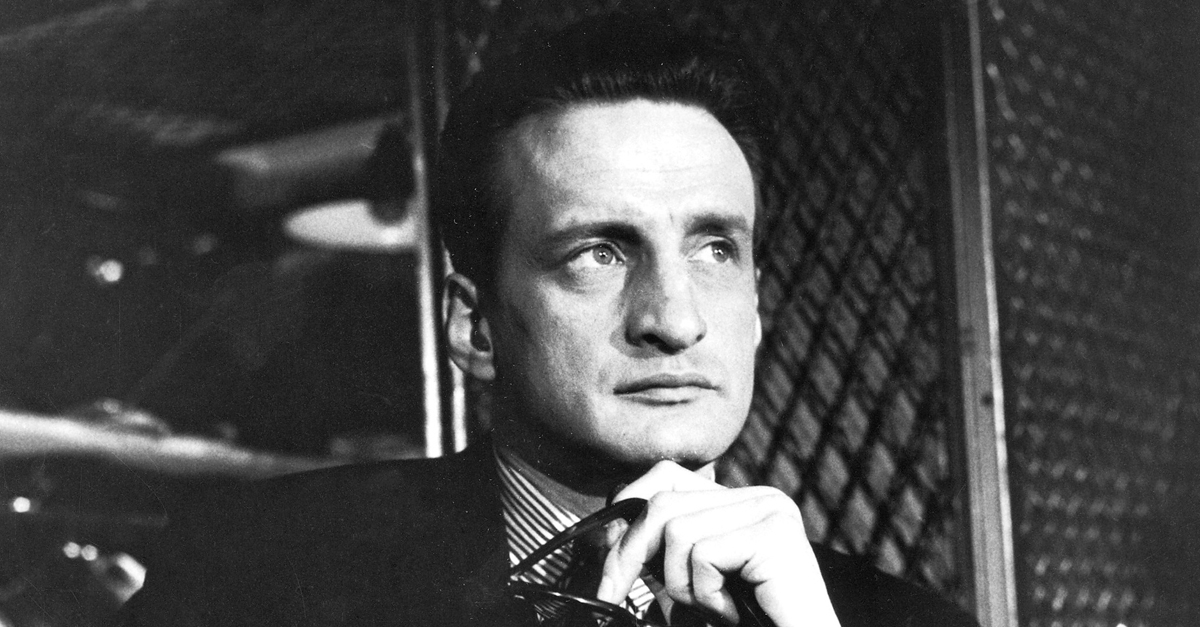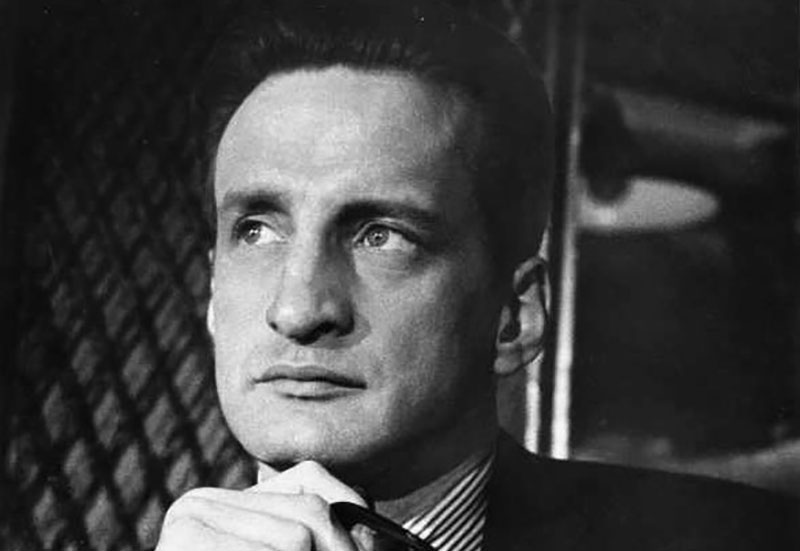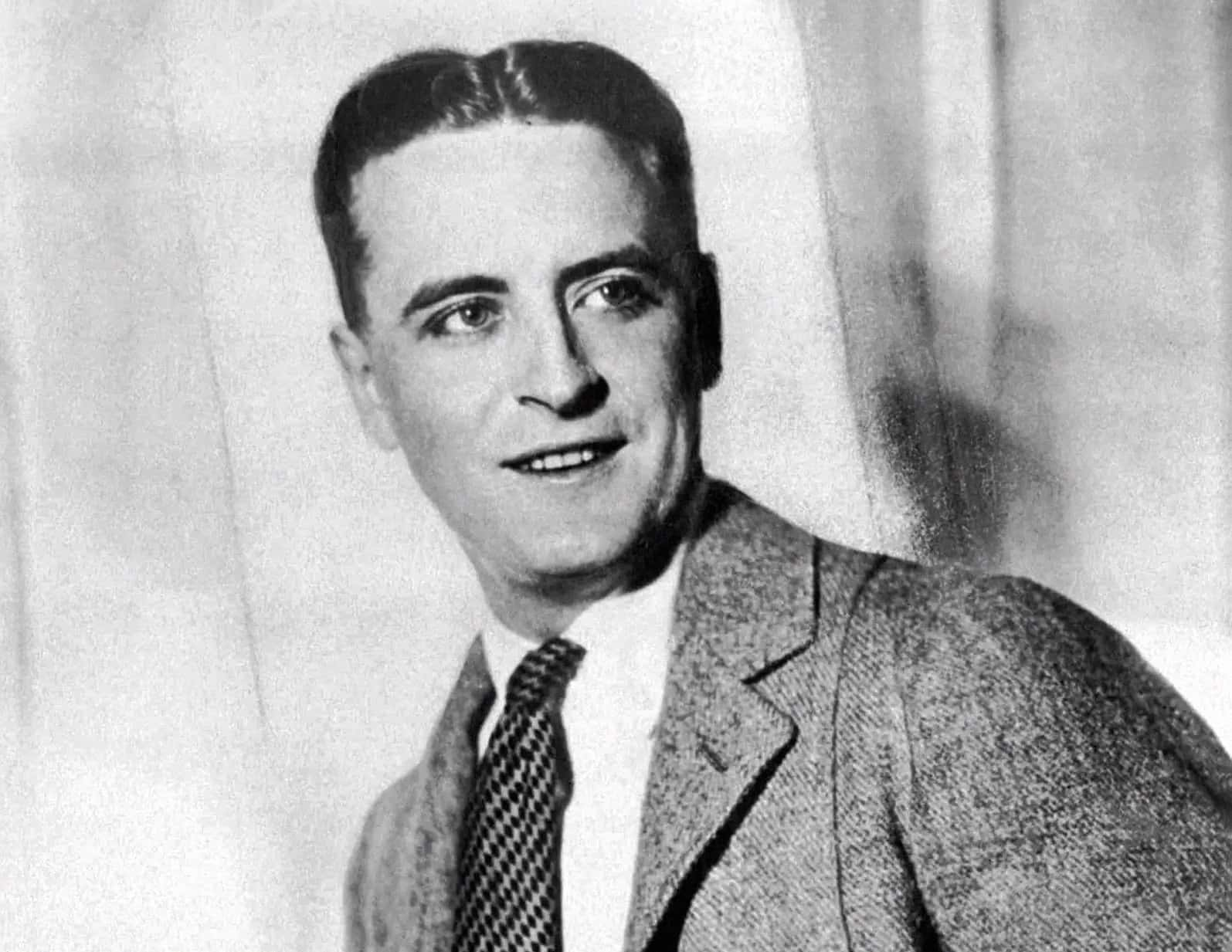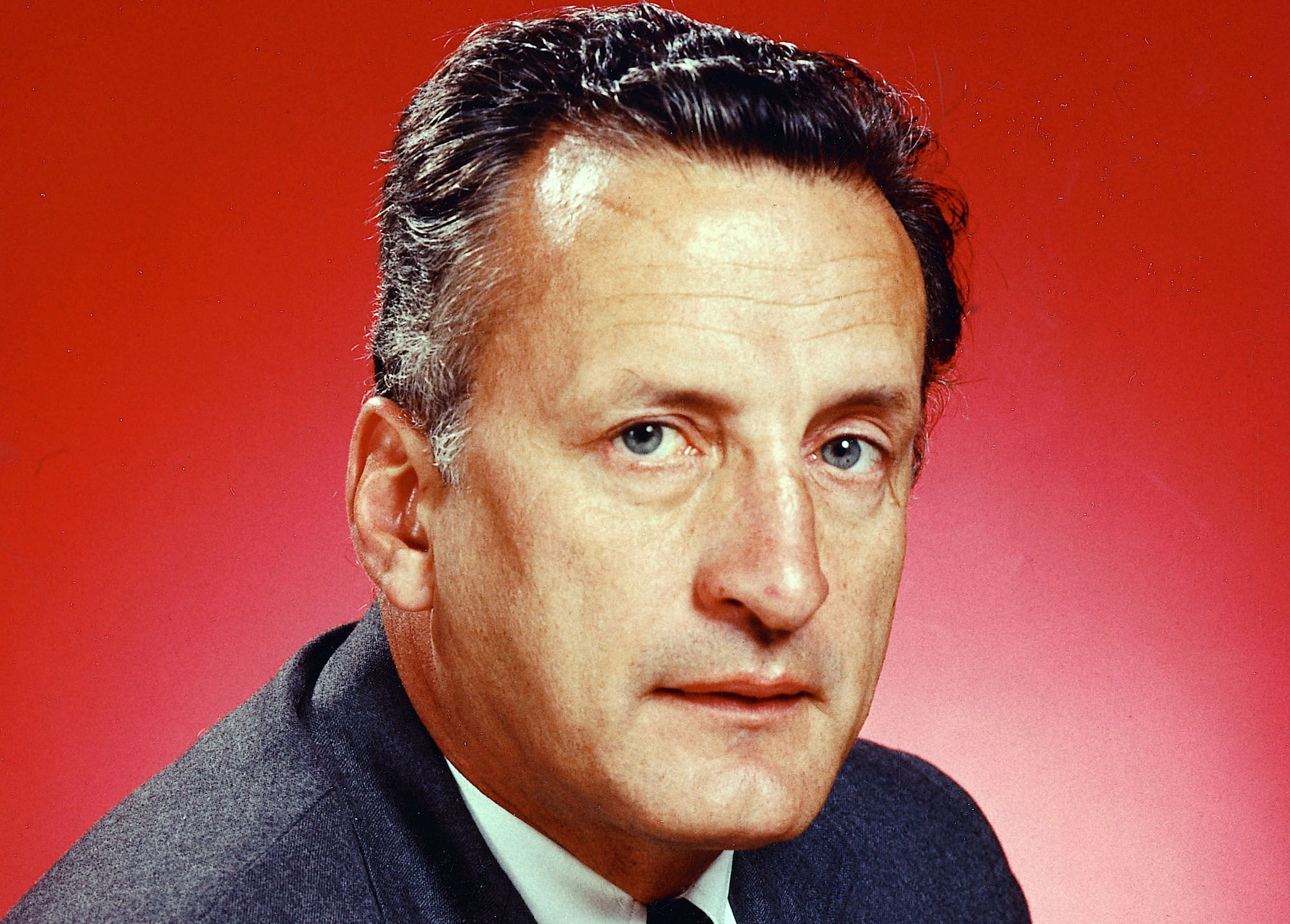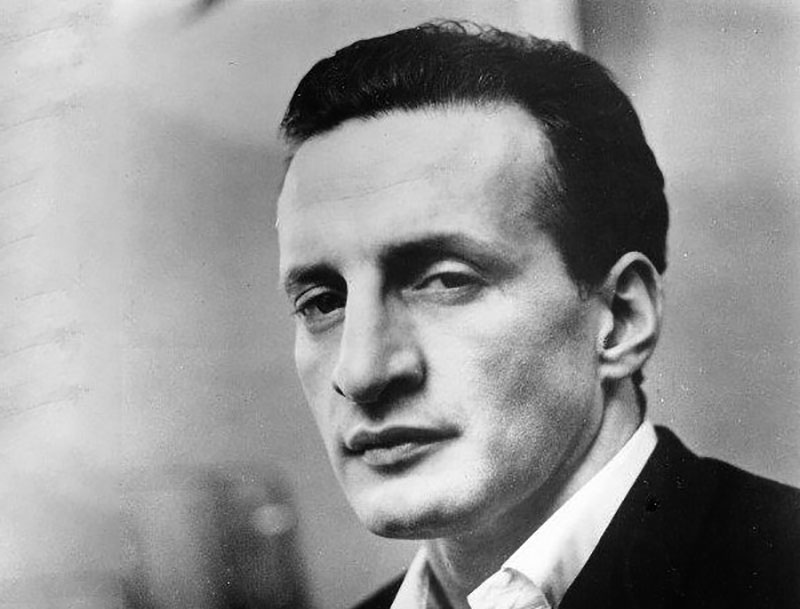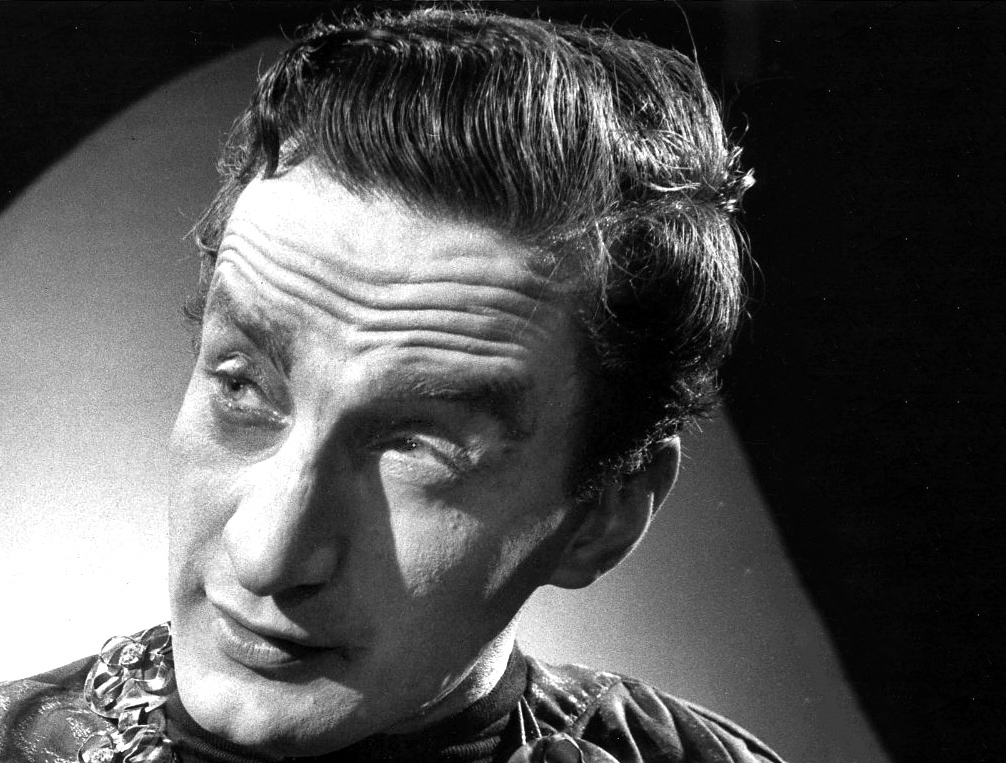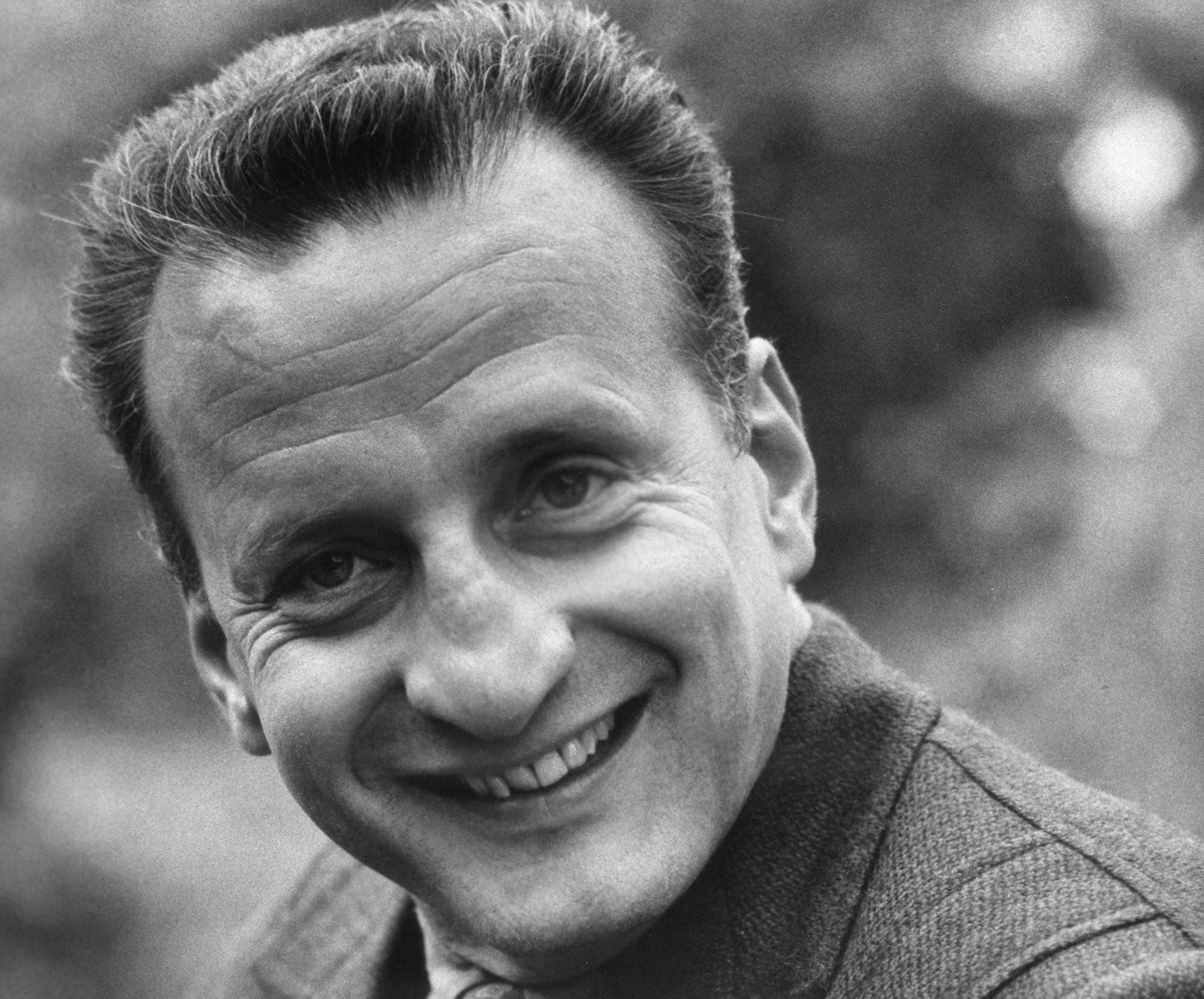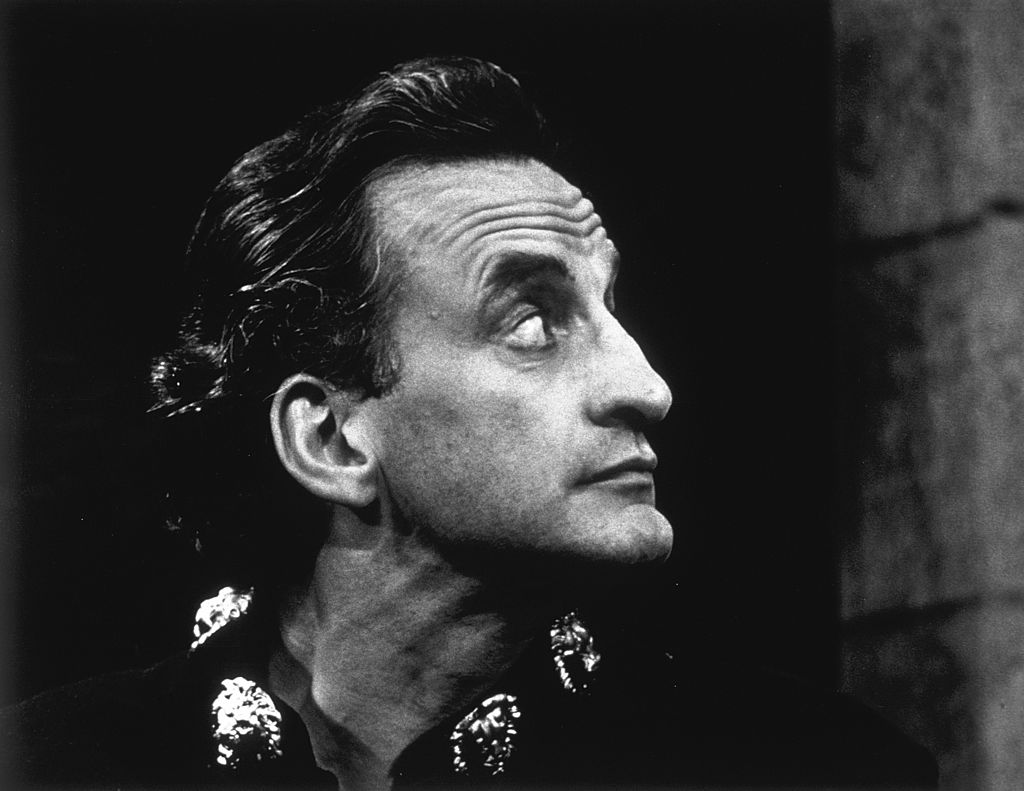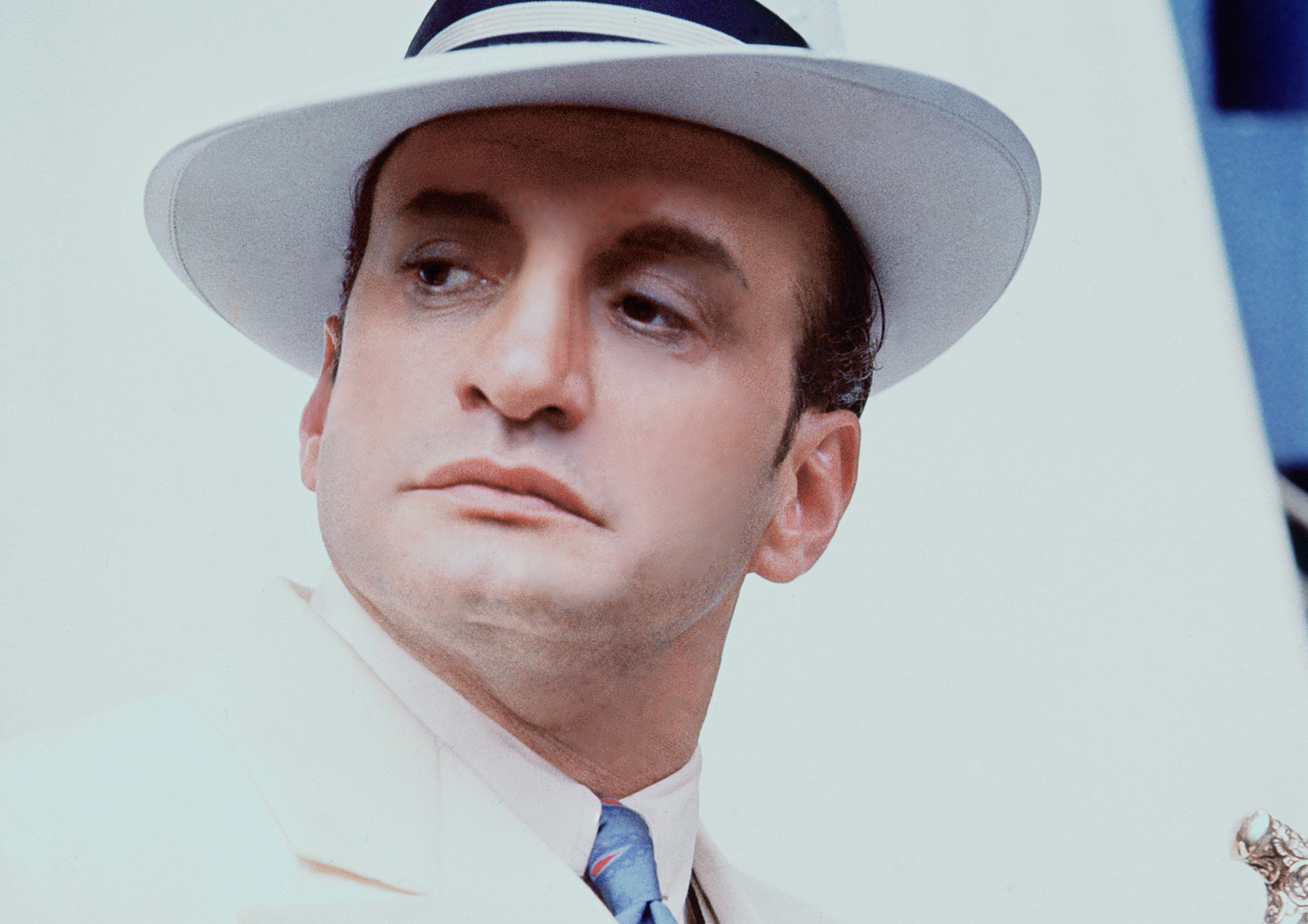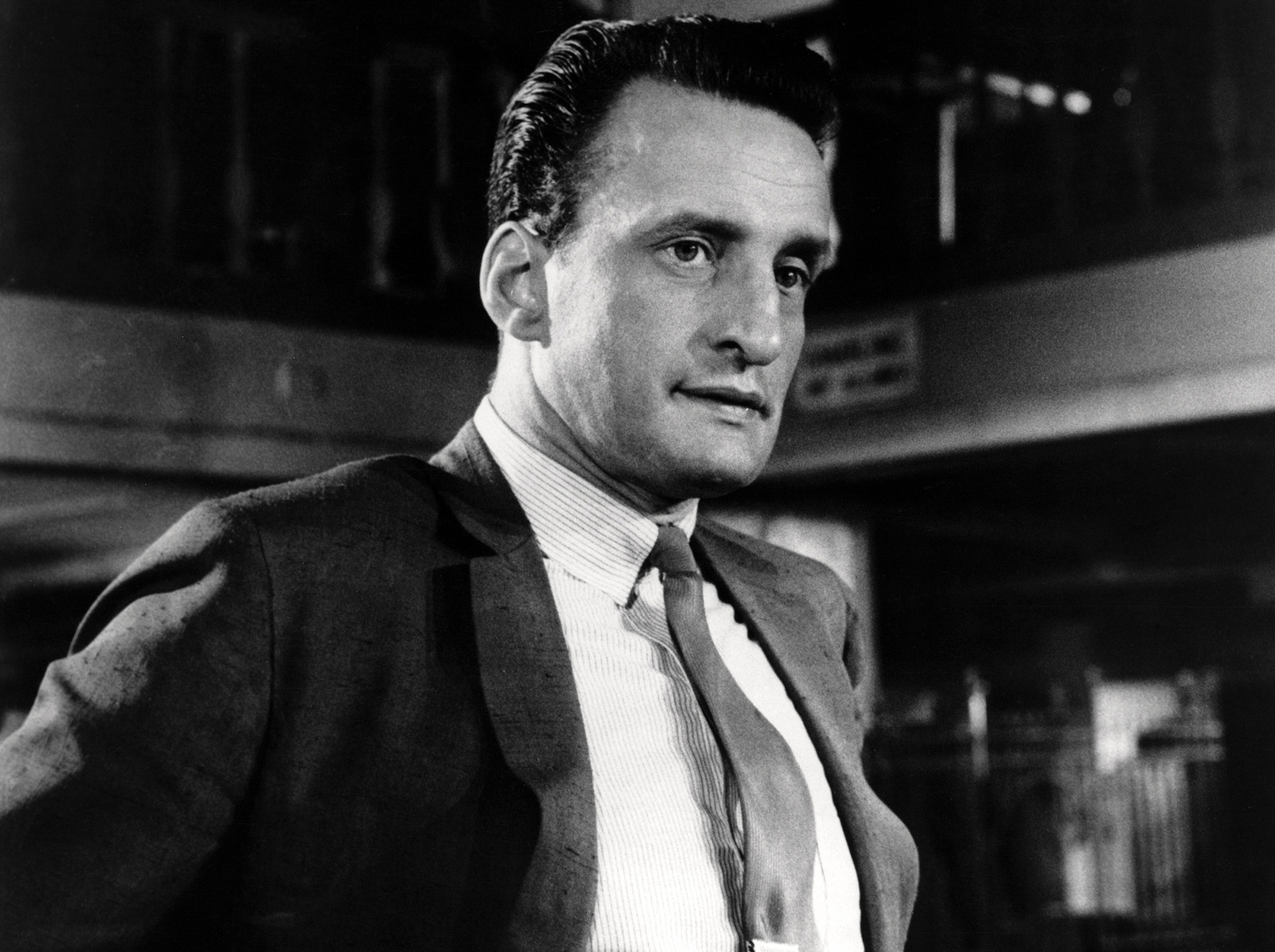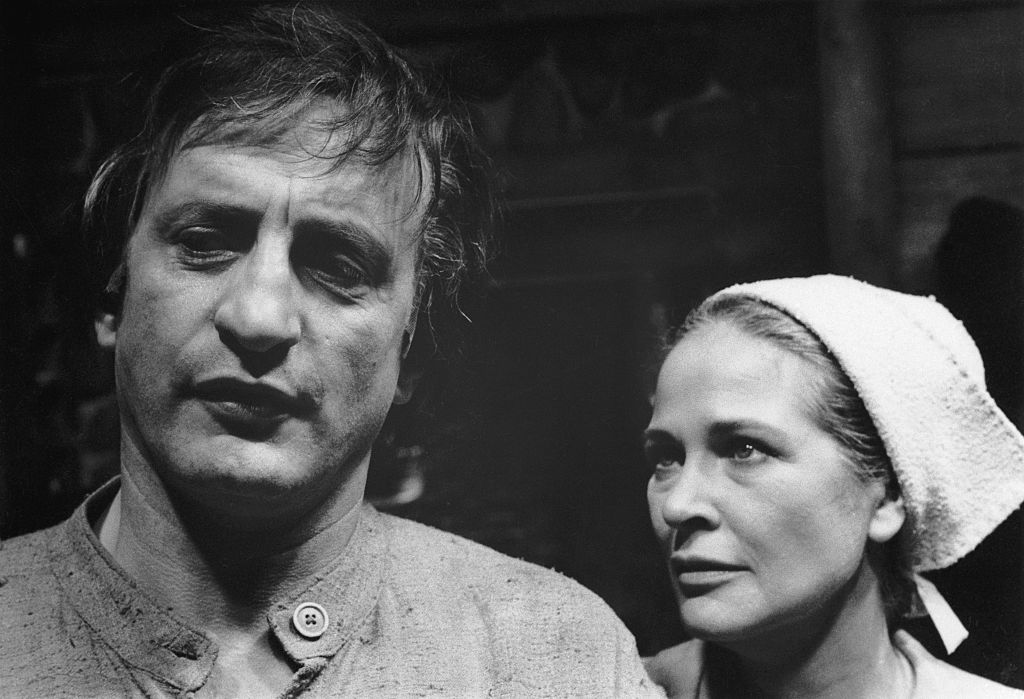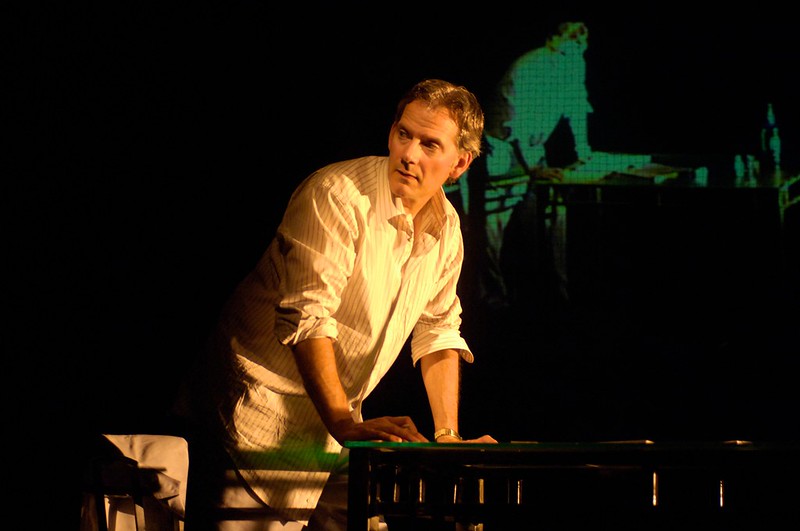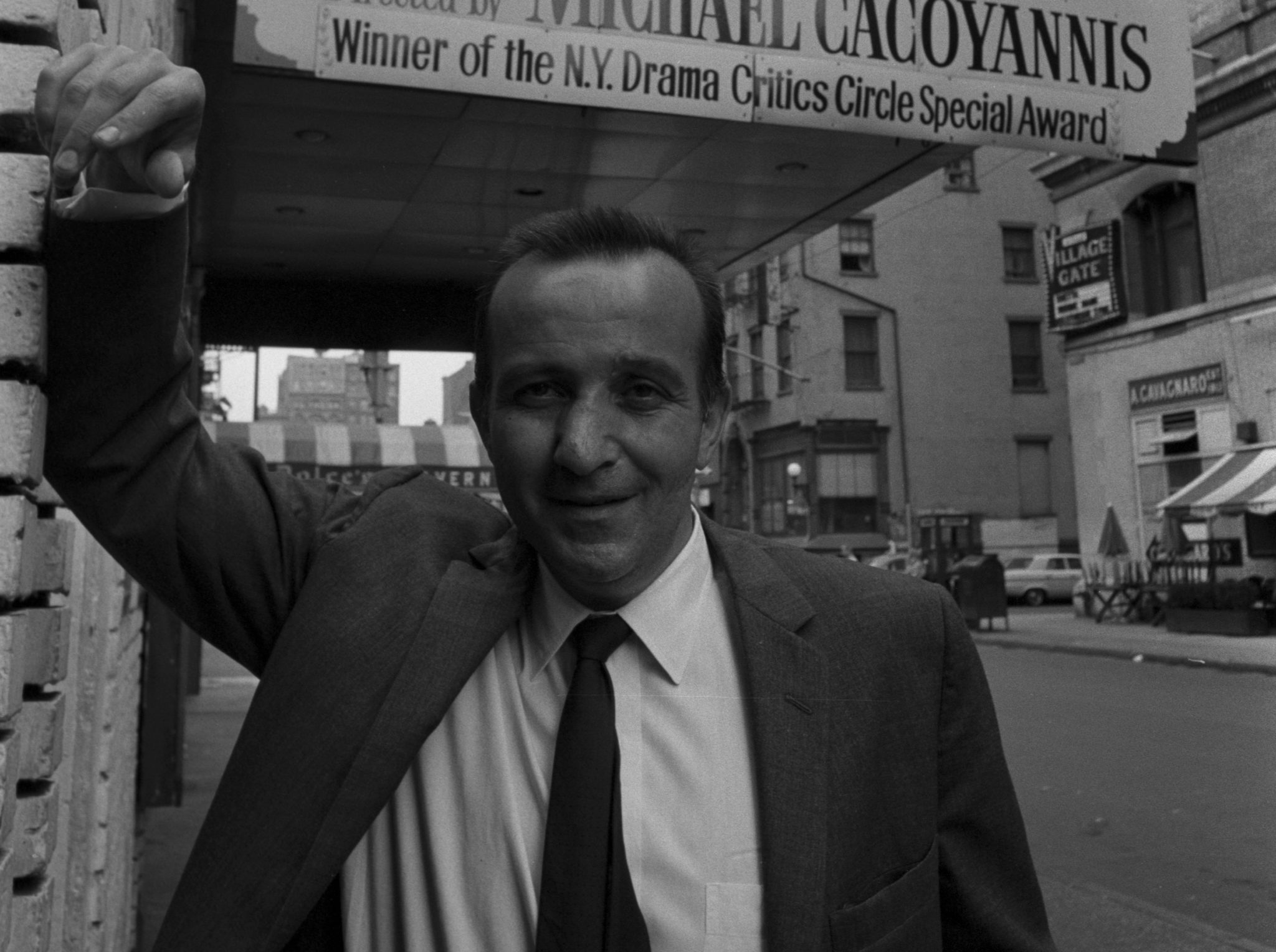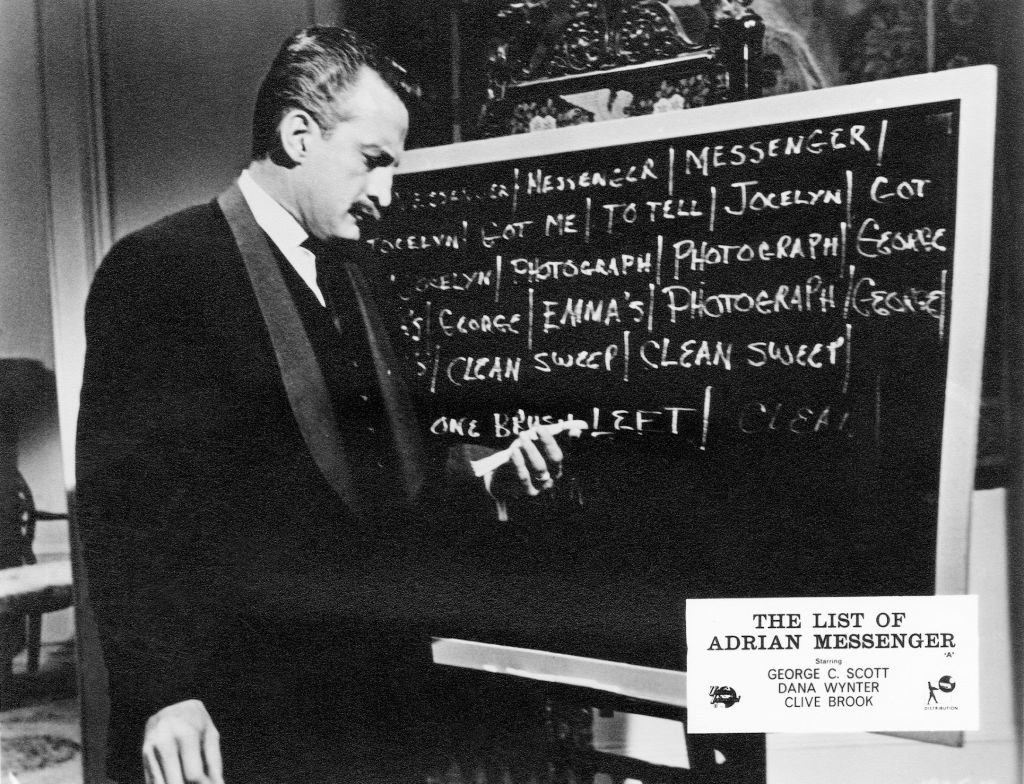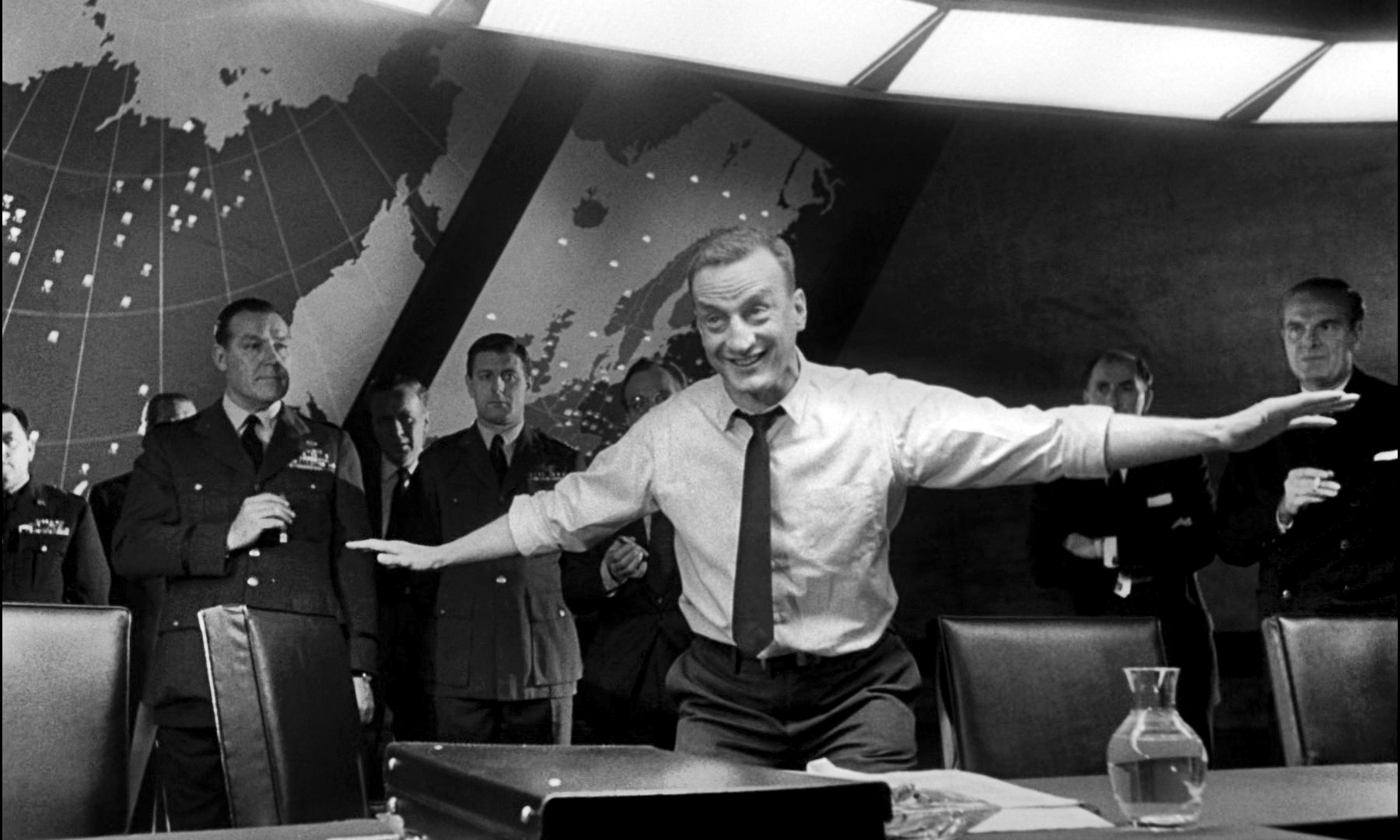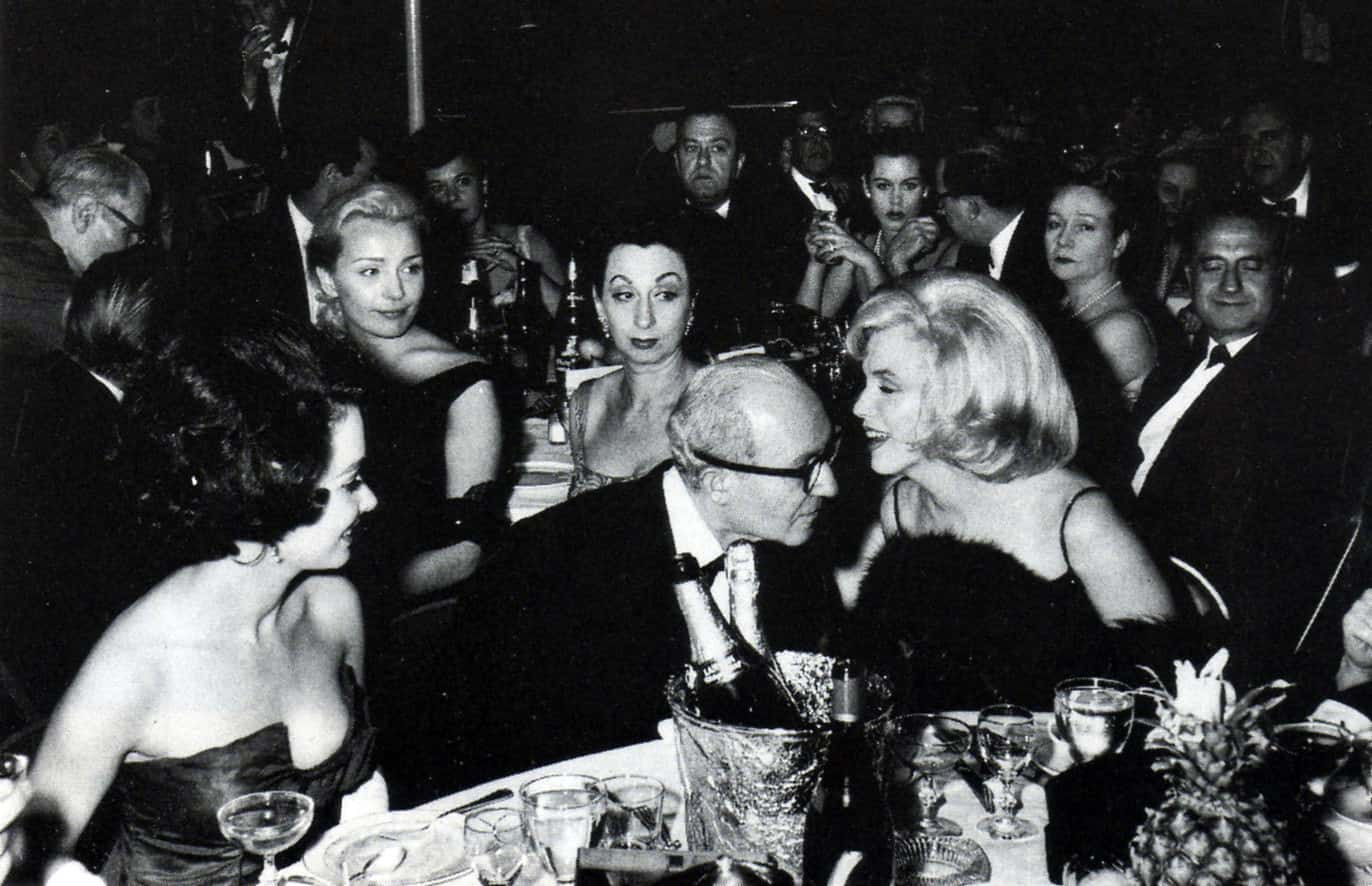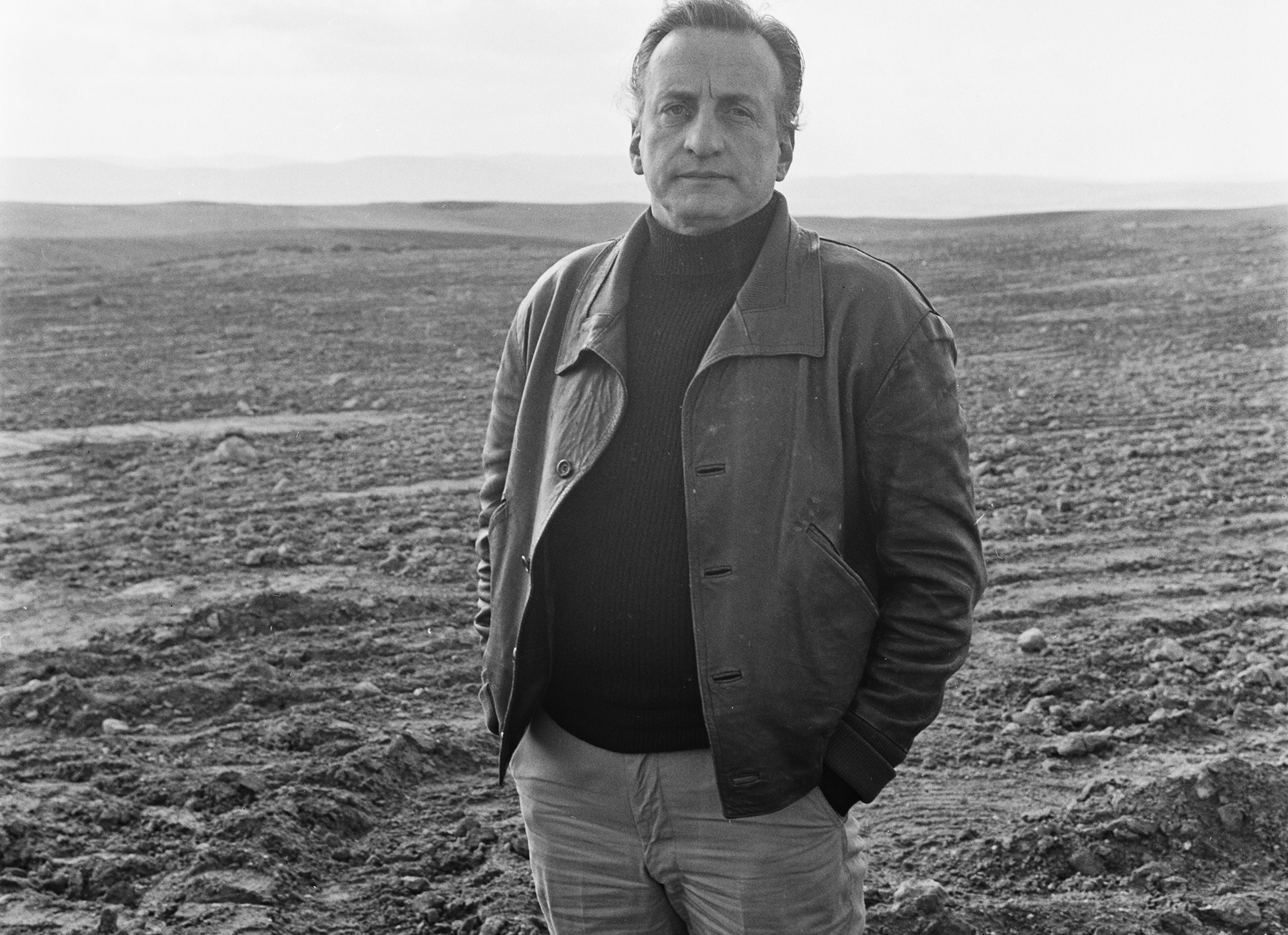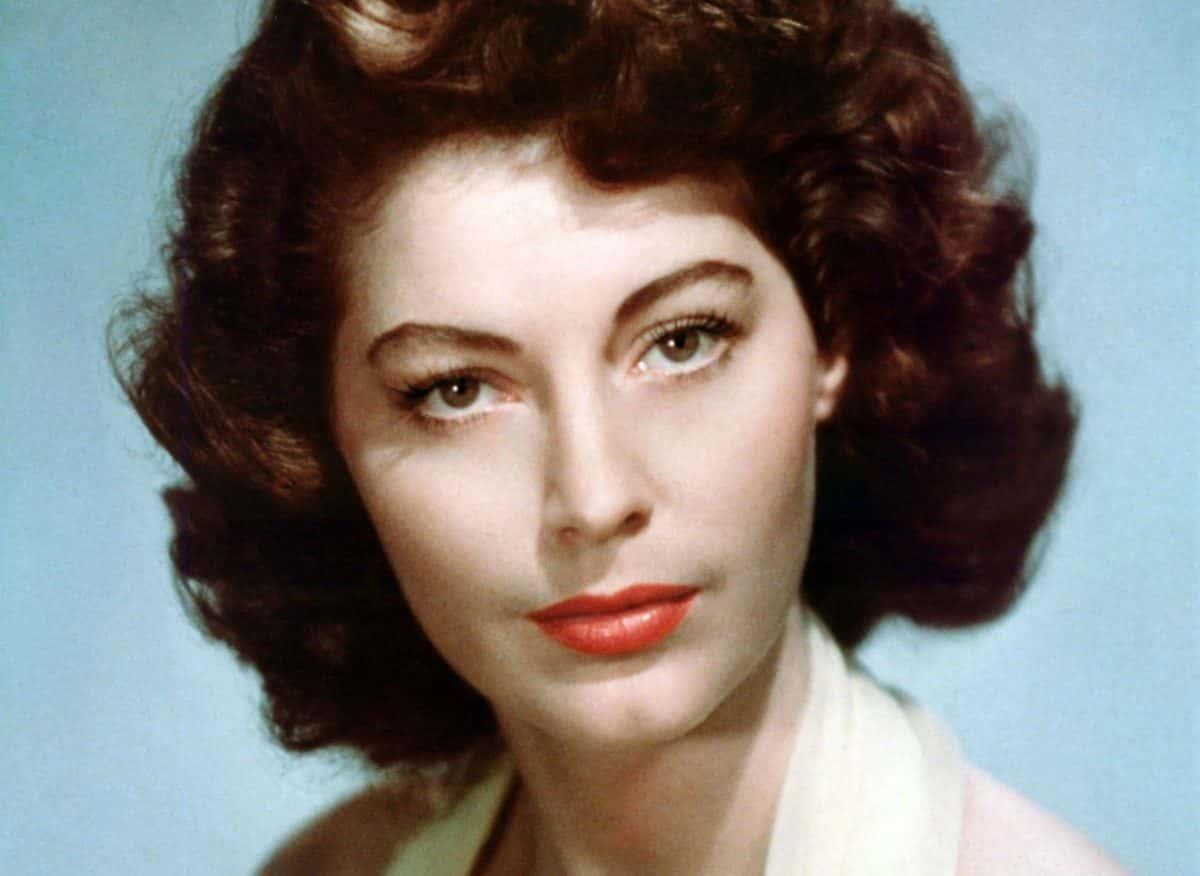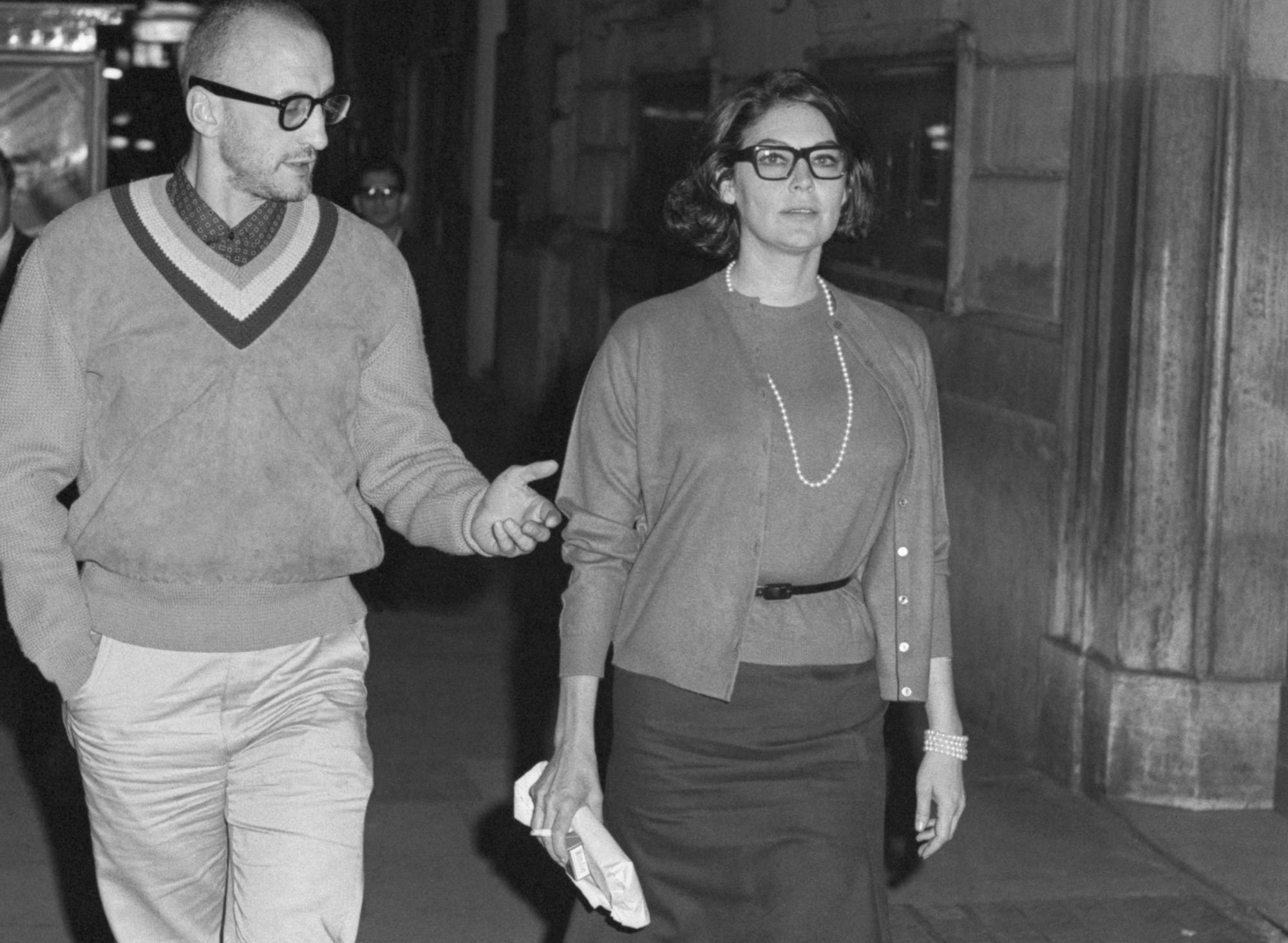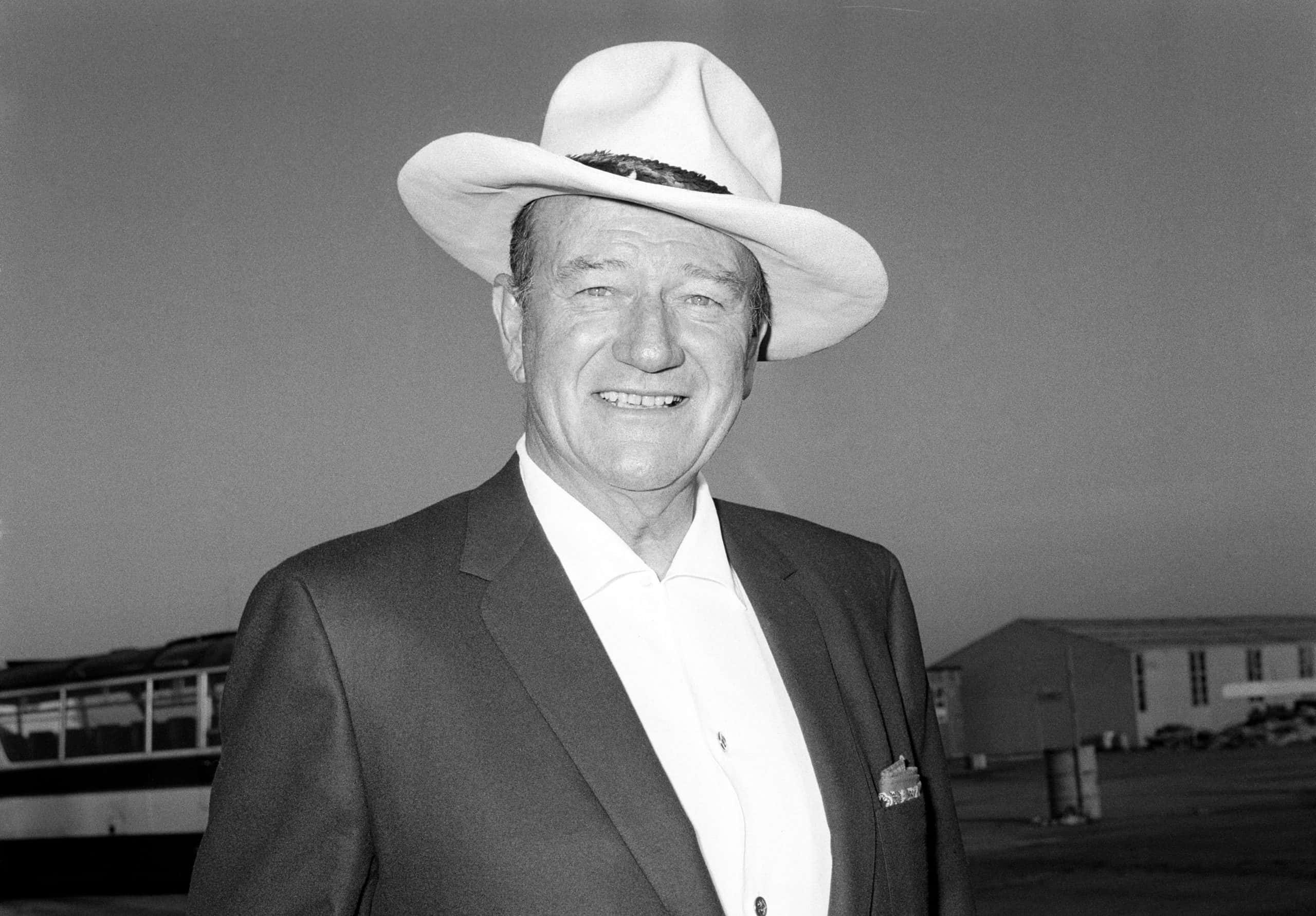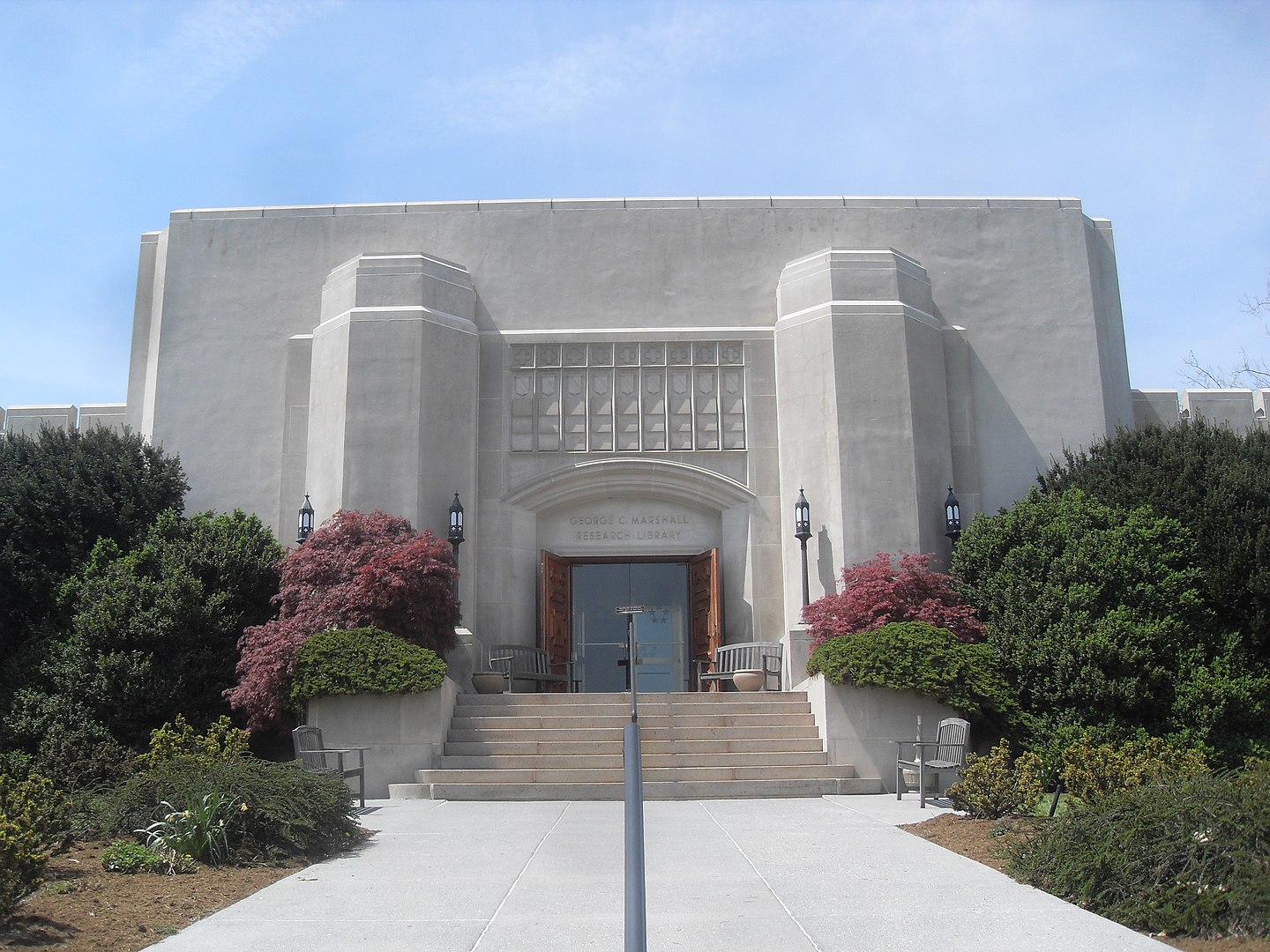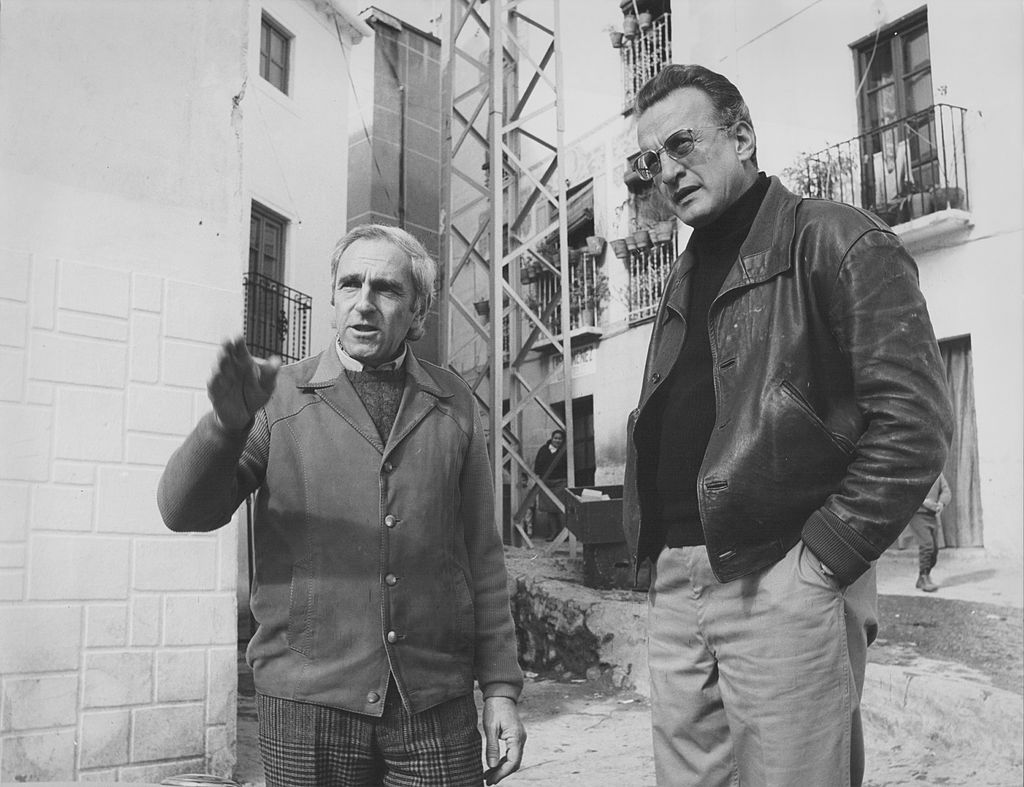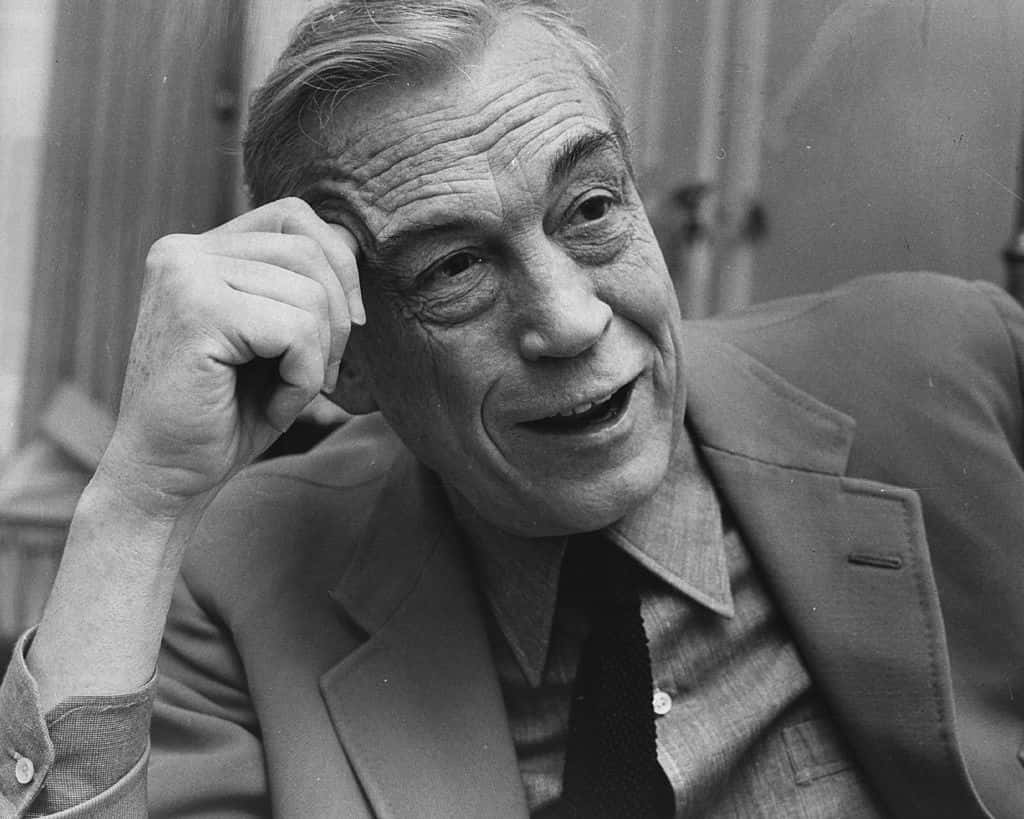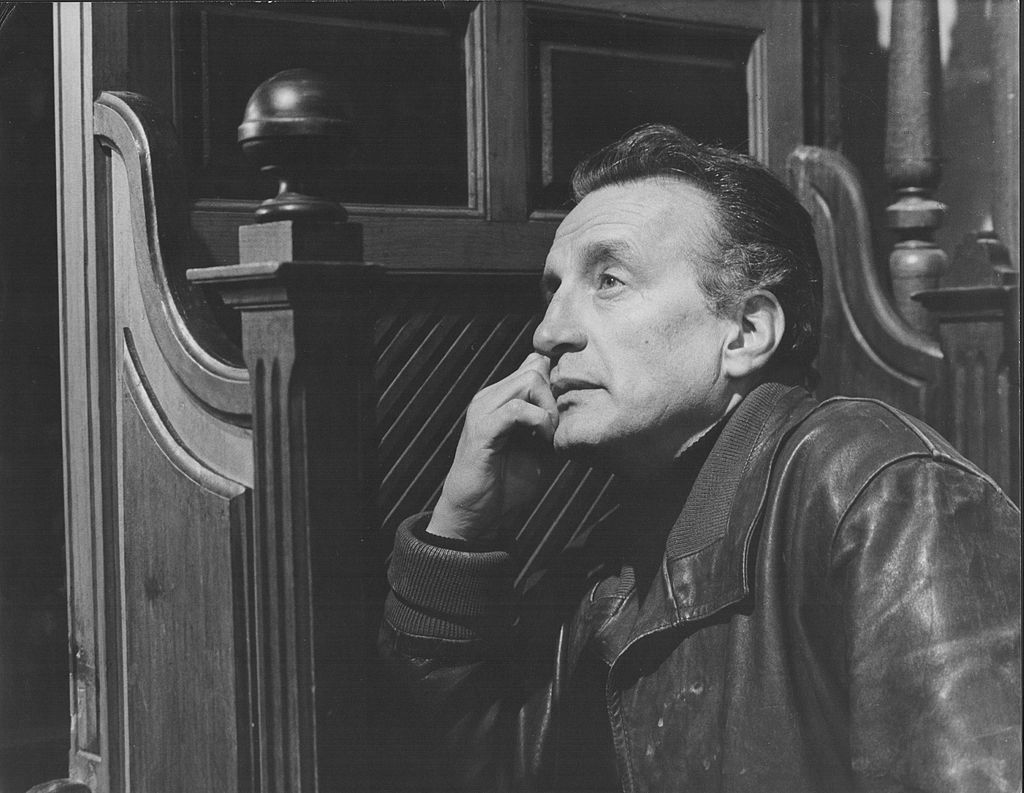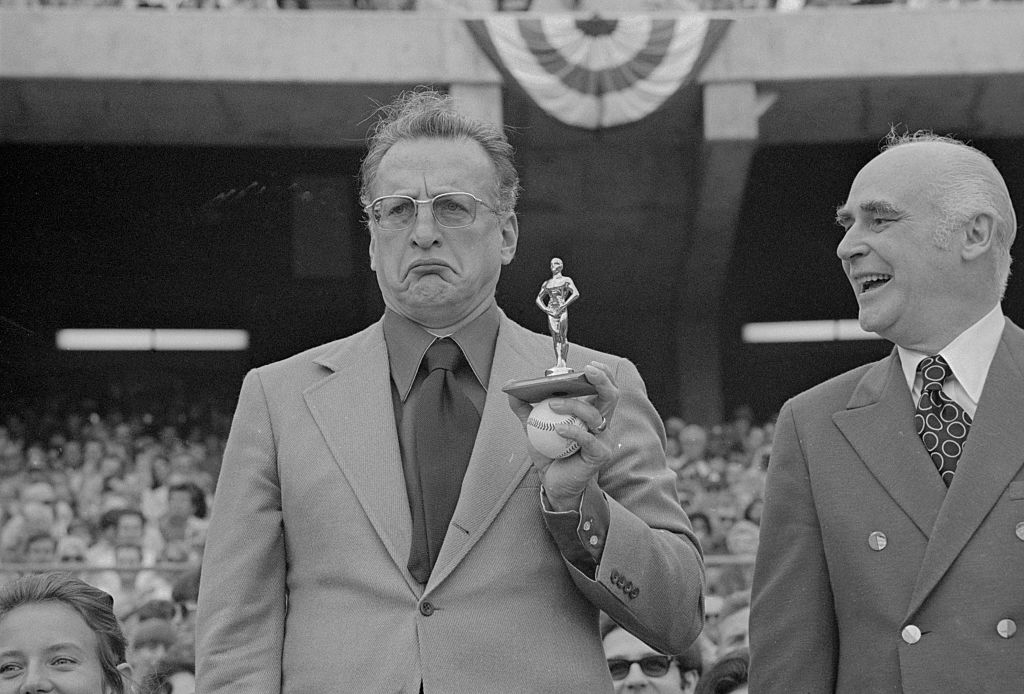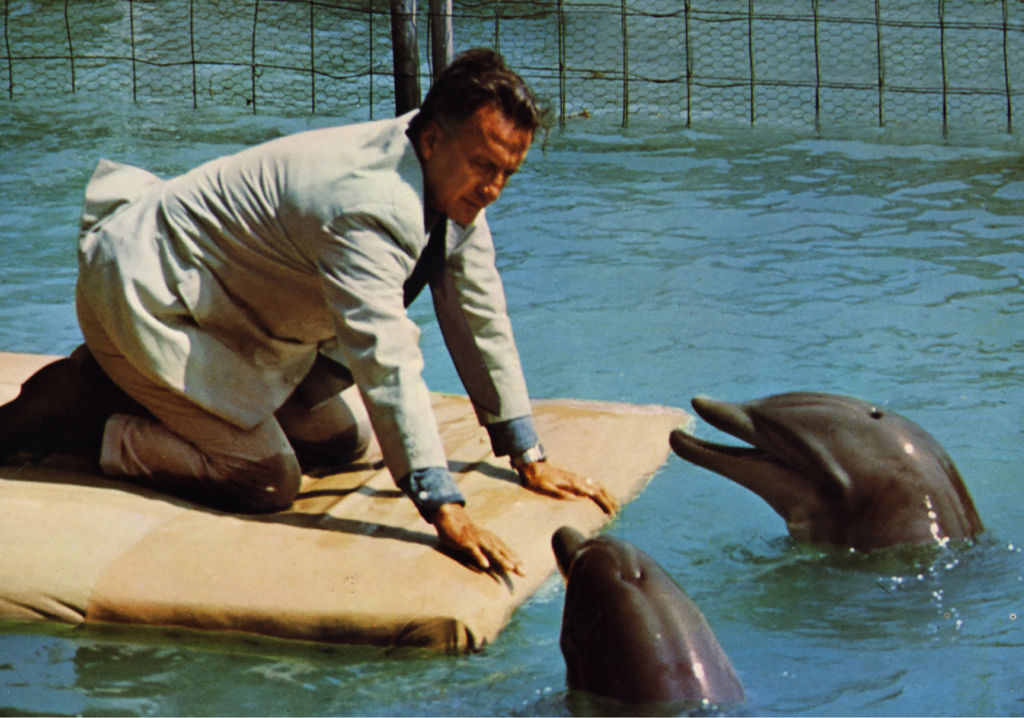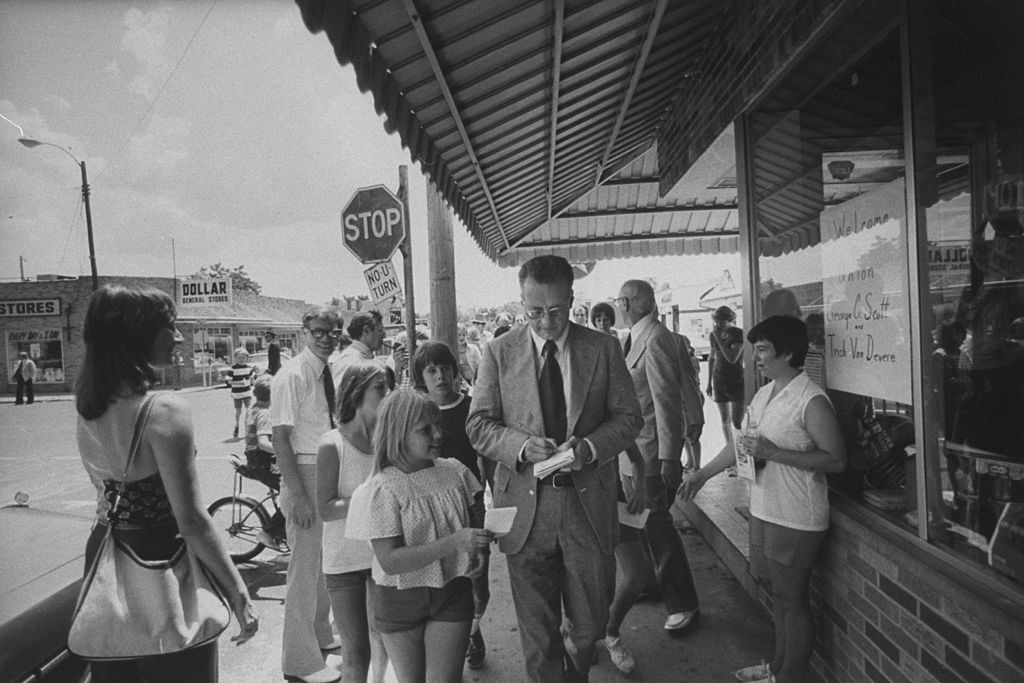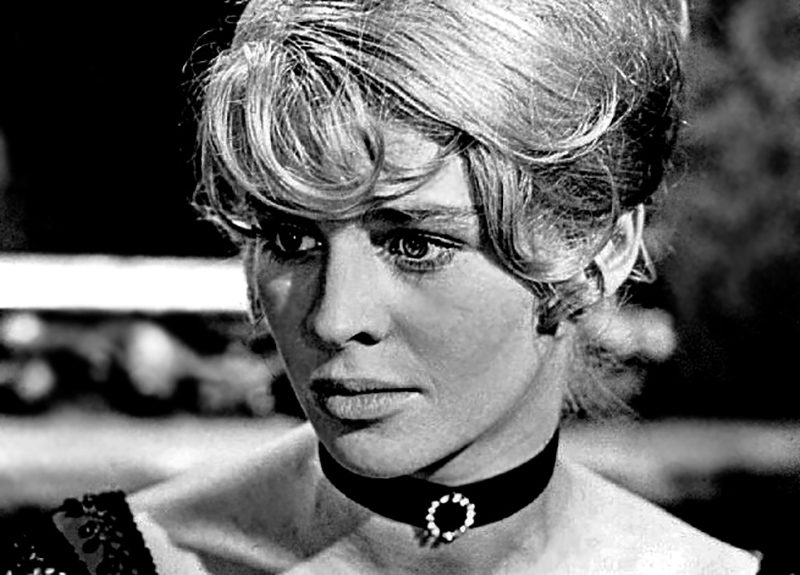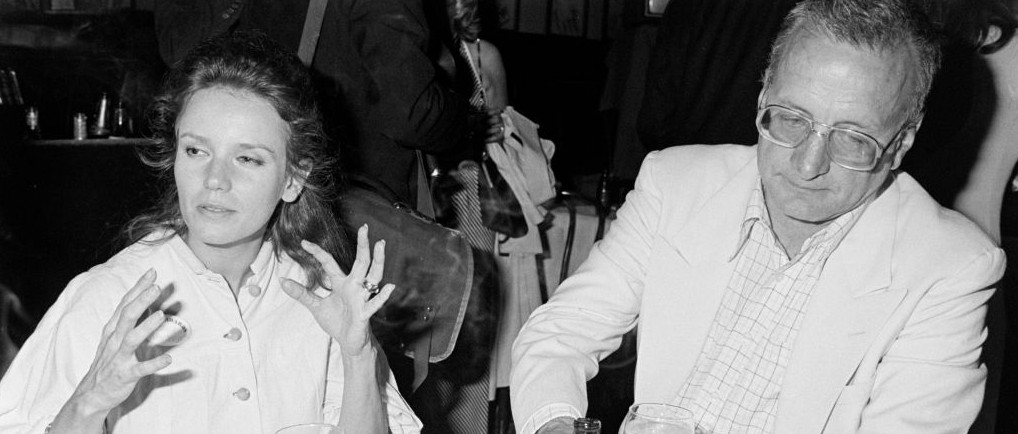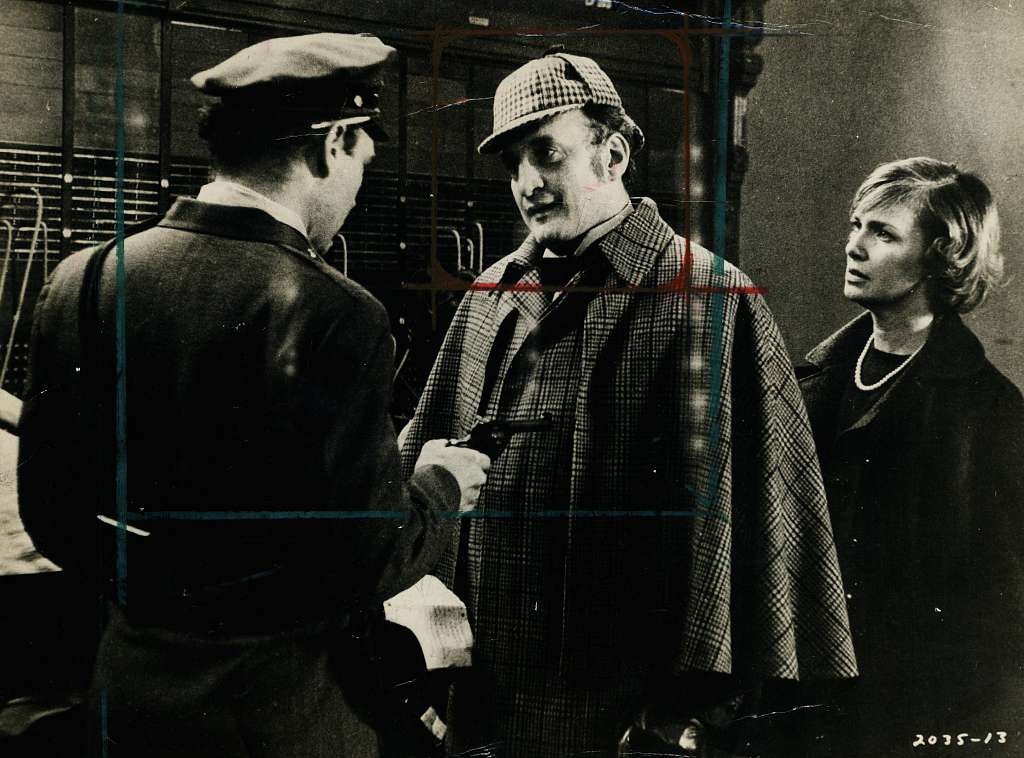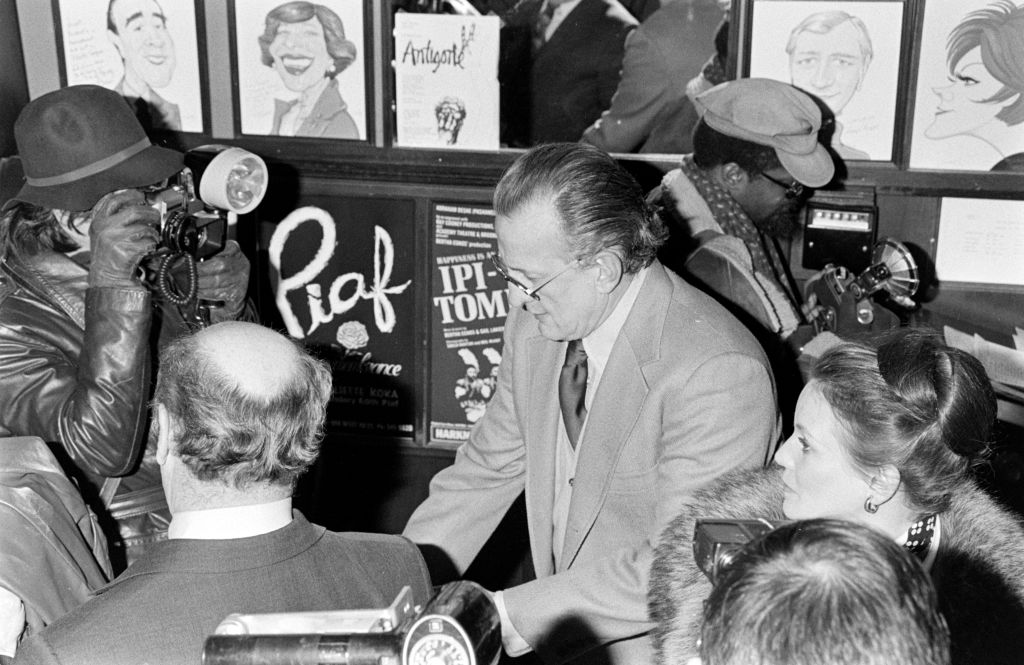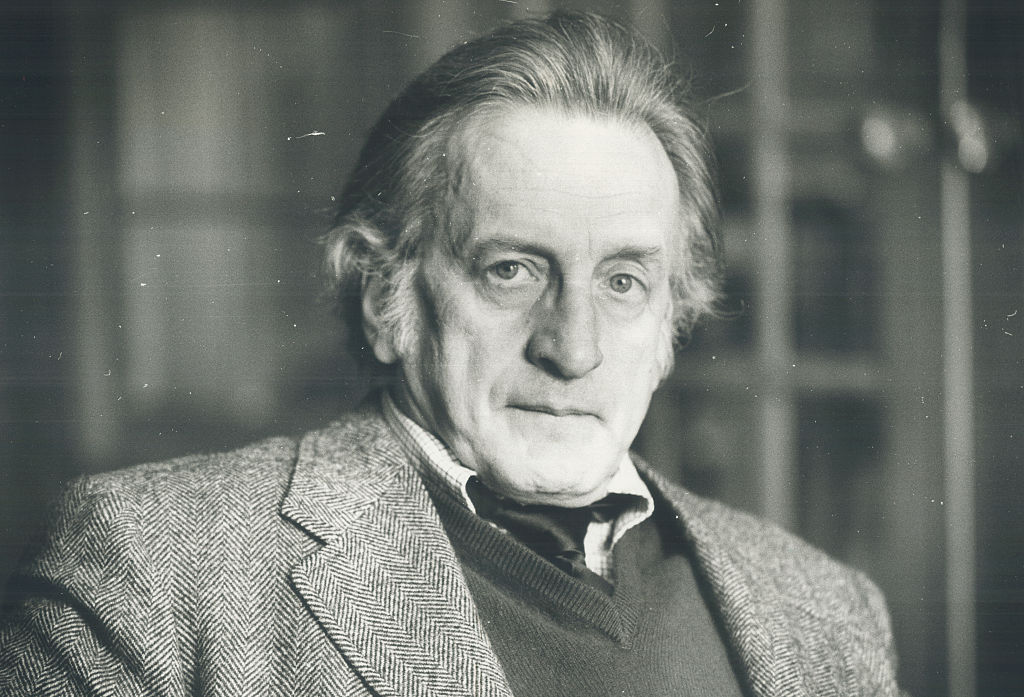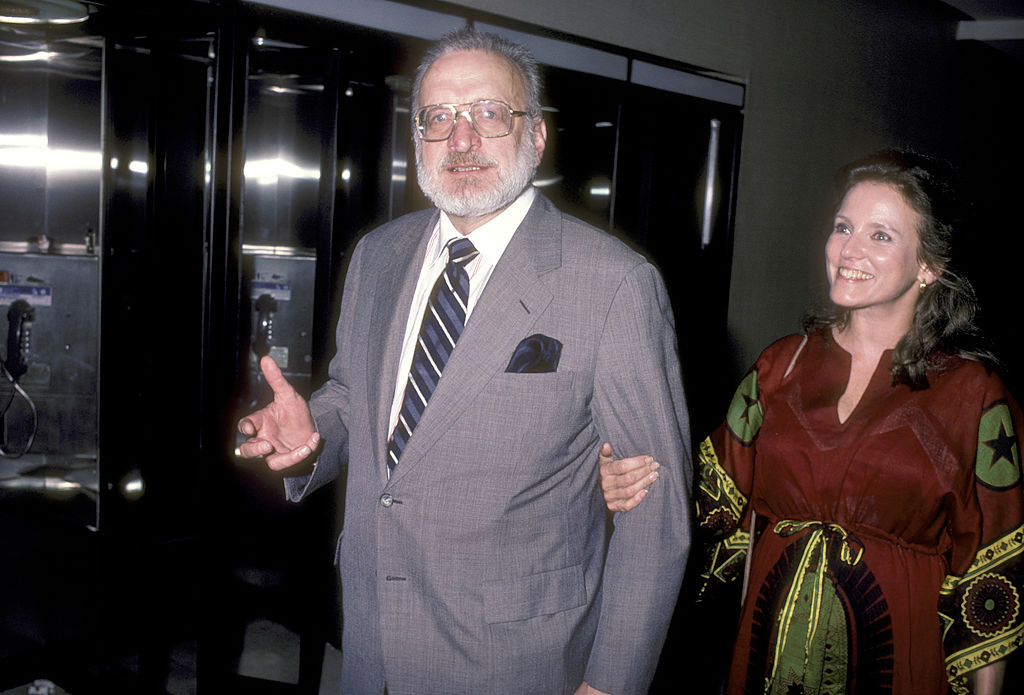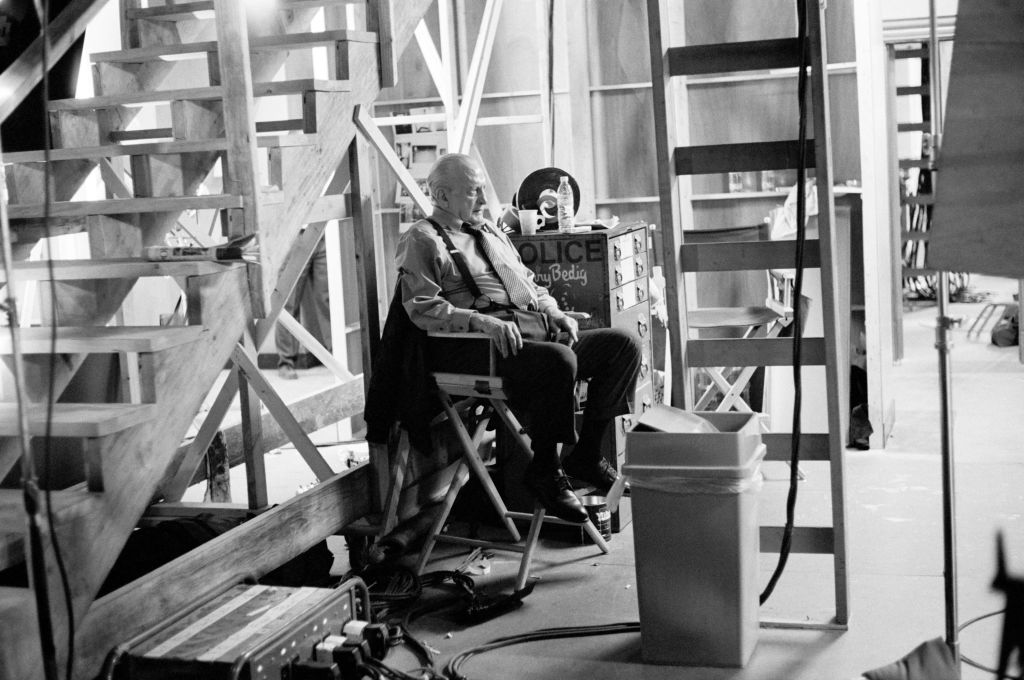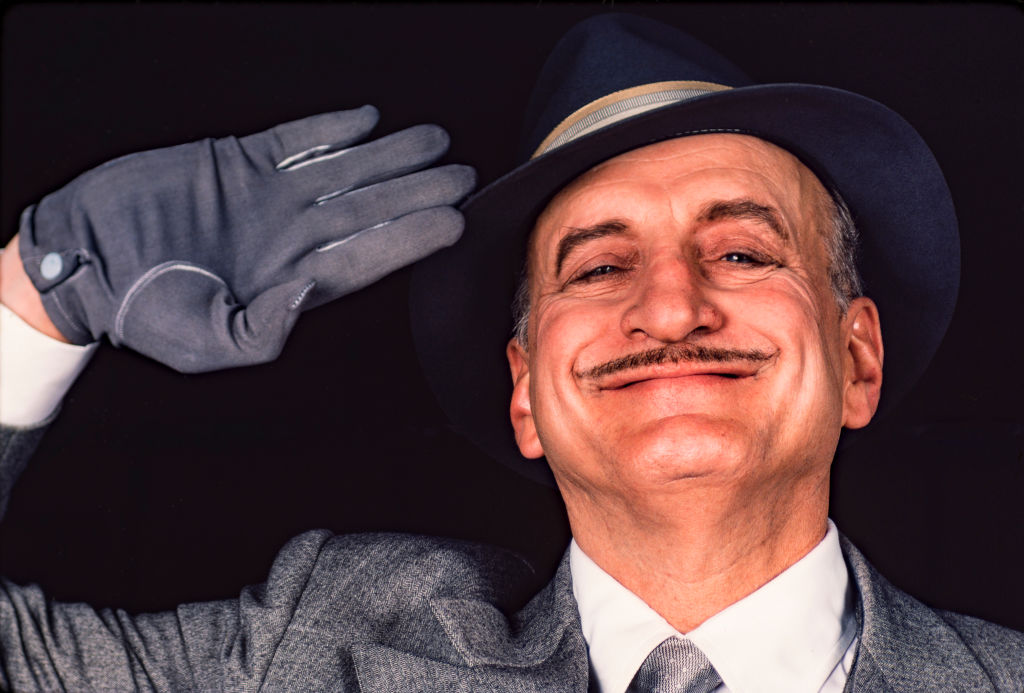George C. Scott was an iconic actor with an illustrious career that spanned decades. With a tall frame and stern demeanor, he captivated audiences and intimidated co-stars with his commanding presence. But behind the scenes, he was as complex and volatile as the characters he played.
1. He Came Knocking Into This World
On October 18, 1927, George Campbell Scott made a dramatic entrance into the world. His mother, Helena, who was an amateur poet, gave birth to him on the family’s kitchen table in Wise, Virginia. The family later relocated to Detroit, where his father, also named George, worked for Buick as an executive. Growing up, Scott enjoyed a normal childhood. However, a family misfortune nearly destroyed it.
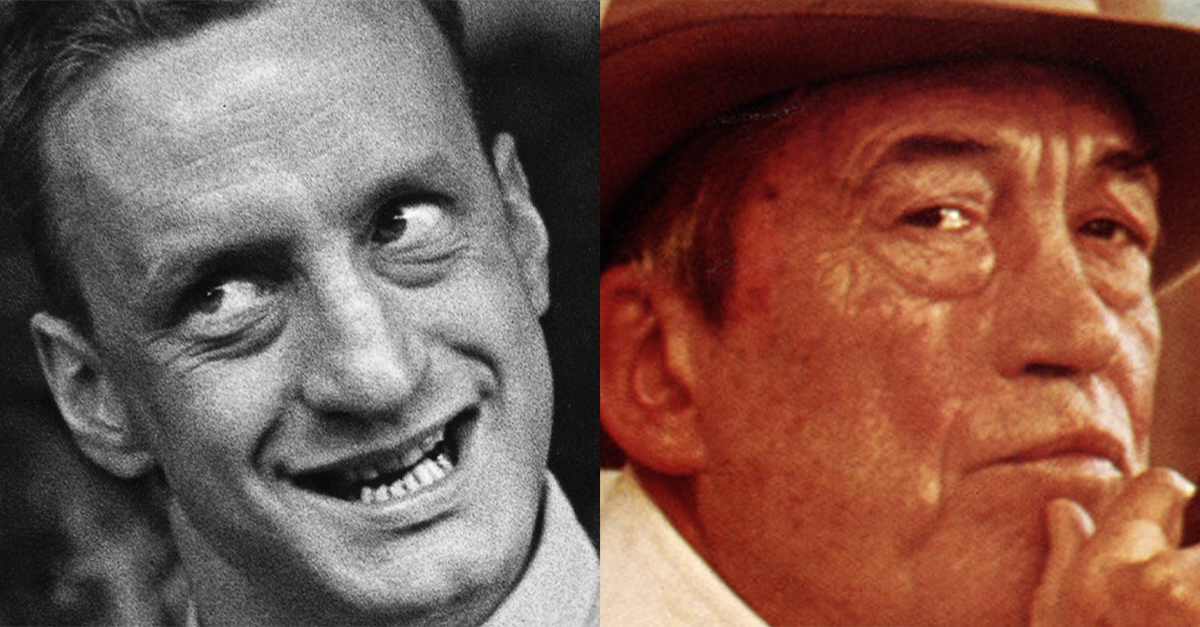
2. He Had An Early Tragedy
Sadly, calamity struck the Scott family. Shortly before he turned eight, young George lost his mother. With the help of George’s older sister, his father raised him. It doesn’t appear that this unfortunate event had much of an impact, if any, on George, as there is no information about his feelings on it. He also didn’t seem to have publicly spoken about it.
3. His Interests Laid Elsewhere
Interestingly, George initially didn’t want to be an actor. Inspired by his favorite author, F. Scott Fitzgerald, Scott aspired to be a writer. Throughout high school, he wrote many unpublished short stories. He even made numerous attempts to write a novel but was never happy with the quality of his work. After graduating from high school, life took him in a different direction.
4. Duty Came Calling For Him
In 1945, George joined the US Marine Corps. Because WWII was coming to an end, the Marines appointed him to the role of honorary guard at Arlington National Cemetery. There, he participated in Army funerals. Although Scott didn’t see action due to the timing of his enlistment, he did gain an experience that stuck with him...for better and for worse.
5. He Picked Up A Nasty Habit
While serving in the Marines, Scott acquired a bad habit. During the four years he was in the Marine Corps, he developed an affinity and need for liquid courage. Unfortunately, his newfound love would be the cause of many hostile situations and occurrences throughout his life, even long after the Marines discharged him in 1949.
6. He Found A New Interest
After George left the Marine Corps, he enrolled at the University of Missouri under the G.I. Bill. He initially went there to study journalism but eventually discovered his passion for acting. Before long, Scott acted in productions of The Winslow Boy and Hands Across the Sea at the university. But for George, acting wasn’t just a mere extracurricular activity. His love for the acting world would become a lifesaver.
7. It Was More Than An Interest
Remember George’s issues with the bottle? Well, it continued to become a major problem. But luckily for him, Scott found acting to be the outlet he needed. He would later claim that acting “clicked, just like tumblers in a safe". Scott’s burgeoning love for acting eventually overshadowed his first love, writing. It wasn’t long before he reached a crossroads.
8. He Made A Huge Decision
George realized he had a change of heart. He enjoyed acting more than writing, so he dropped out of school to pursue an acting career in 1950. He would later graduate with degrees in English and theater. Scott spent several years as a journeyman actor in stock theater productions. He also worked in construction in between acting gigs to support himself. But his problems continued to brew...
9. His Problems Caught Up With Him
Scott’s dependency on the bottle continued to hound him. While trying to break into acting, George struggled. Although acting helped to quell his problem, it could only do so much. Because of his drinking, Scott frequently got into public fights. It also led to the failure of his first marriage to Carolyn Hughes. But it wasn’t just his personal life that his drinking habit affected.

History's most fascinating stories and darkest secrets, delivered to your inbox daily.
10. He Had A Serious Problem
George’s issues followed him at work. During a time when he struggled with low moods and self-esteem, there was an incident where he had to perform on stage with his hand in a rubber glove. Maybe the audience thought it was just a strange choice. The truth was much darker. While backstage, after a few too many, the actor hit the mirror in his dressing room.
The broken glass cut his hand, and the blood wouldn’t stop, so he had to put on the glove. But it wasn’t all bad for him.
11. His Hustle Paid Off
Scott finally got a break. After toiling in stock theater productions for years, he found early success in the New York Shakespeare Festival. In 1958, he received an Obie Award for his various performances. Soon, he made his debut in television and movies and on Broadway. And while his professional life was taking off, so did his personal life.
12. He Experienced A New Beginning
Once again, Cupid’s arrow struck Scott’s heart. During the production of Children of Darkness, he met his third wife, actress Colleen Dewhurst, while both of them were still married to their respective spouses. Dewhurst was part of the cast, and the two would go on to act together on many occasions afterward. In 1960, Scott married Dewhurst—for the first time.
With a man like George C. Scott, love could never be simple.
13. He Was A True Believer In Love
George C. Scott was no stranger to the altar. When it came to the subject of marriage, Scott appeared to adopt the adage “Try, try, and try again” to heart. The actor was married five times during his life, twice to Colleen Dewhurst. His marriages were also quite productive, as he had at least five children, including actress Devon Scott and actor Campbell Scott.
14. His Life Was On A Roll
It didn’t take long for Hollywood to notice Scott’s talent. In 1959, the actor received his first Academy Award nomination for his supporting role in Otto Preminger's Anatomy of a Murder. Unfortunately, he lost to Hugh Griffith, who won for his role in Ben-Hur. The experience had a lasting impression on the actor, allegedly shaping the way he viewed acting award competitions.
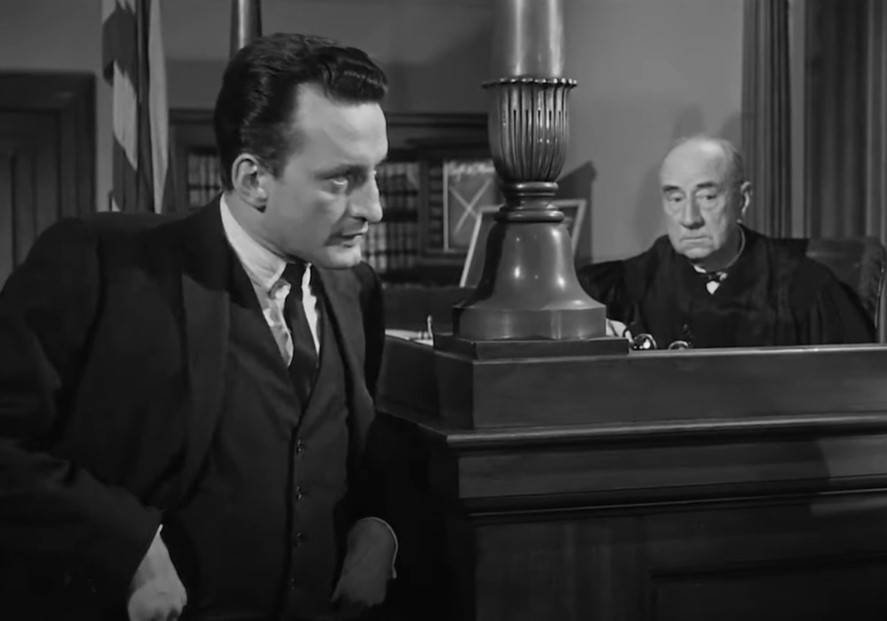 Anatomy of a Murder (1959),Otto Preminger Films
Anatomy of a Murder (1959),Otto Preminger Films
15. He Never Forgot
Within the next two years, George received another Academy Award nomination. This time, it was for his performance in The Hustler. But by then, Scott had developed a disdain for awards as he believed they only served to pit performers against each other. True to his convictions, Scott refused the nomination, leaving Jackie Gleason as the only Best Supporting Actor nominee for The Hustler.
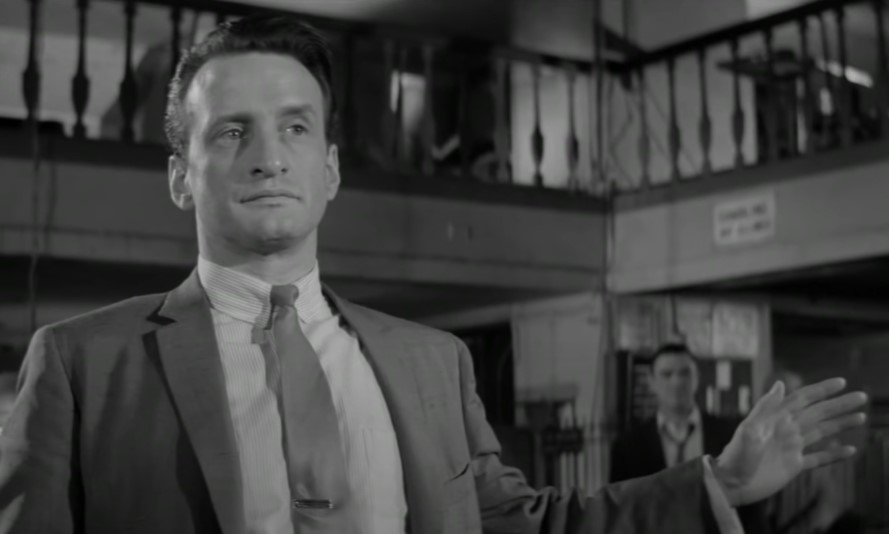 The Hustler (1961), 20th Century Fox
The Hustler (1961), 20th Century Fox
16. He Started A Big Project
In the early 60s, Scott also showed an entrepreneurial side. In 1961, he partnered with theater producer, Theodore Mann, to set up the Theatre of Michigan in hopes of promoting local plays. However, after a few failed productions, George decided to close the company. Scott even paid off the debts with his own money. But the failed venture was only a small dent in his rising career.
17. He Reached A Milestone
George marked another major career moment. After years of playing supporting roles, he finally became a leading man. In 1963, he starred in his first leading role in The List of Adrian Messenger. On the small screen, he starred in East Side/West Side, which lasted only a season due to low ratings. Despite the setback, his next role catapulted him to stardom.
18. He Blew Up
In his next film, Scott landed a major role. The actor played General "Buck" Turgidson in Stanley Kubrick’s Dr. Strangelove, or How I Learned to Stop Worrying and Love the Bomb. Although he wasn’t the main star of the movie, the role boosted George’s profile. Many lauded Scott’s performance in the film, which Kubrick managed to get out of him through wily means.
19. His Performance Wasn’t Intentional
On the set, Scott and Kubrick didn’t agree on how he played the character. Kubrick wanted Scott to be more operatic, which the actor didn’t think was the right approach. So, Kubrick tricked him. He had Scott rehearse his parts in a campy way but secretly had the cameras rolling. Kubrick used that footage in the final cut of the film, which Scott didn’t like. It wouldn’t be the only time Scott butt heads with a director.
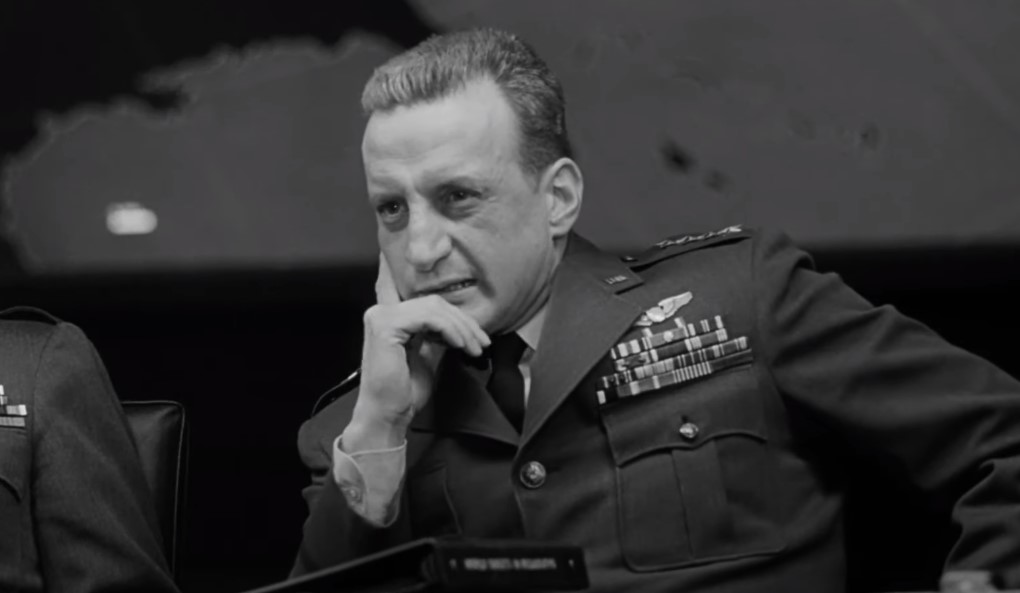 Dr. Strangelove (1964), Columbia Pictures
Dr. Strangelove (1964), Columbia Pictures
20. He Could Be Difficult
Throughout his career, Scott had a reputation for being intense. It was on full display in one particular incident. In 1965, he played the role of Vershinin in the Lee Strasberg-helmed stage production of Three Sisters. Unfortunately, the show received terrible reviews, and Strasberg took it out on everyone. But Scott refused to allow the director to blame the cast.
22. He Showed His Mettle
Scott wasn’t one to just lay down and take a beating. When Strasberg unleashed an angry outburst on the cast of Three Sisters, he confronted the director and went toe to toe with him. Scott told Strasberg as he was the person in charge, it was his fault. Afterward, the actor left and went off to deal with the situation in a familiar fashion.
22. He Celebrated His Victory
George turned to an old habit to deal with his fallout with Strasberg. Unfortunately, it was one that involved a bottle. After giving Strasberg a piece of his mind, the actor went to a bar with Ava Gardner, with whom he was in a relationship, and drank away his troubles. However, it wasn’t long before Gardner found herself on the receiving end of Scott’s infamous volatile personality.
23. Love Gave Him Problems
Scott’s relationship with Ava Gardner was far from perfect. The actor allegedly badgered the actress for a period of time. But allegedly, he stopped when he returned to his hotel room and discovered someone cut off the shoulders of his clothes. At the time, Gardner had a close relationship with Frank Sinatra, who had close connections to the mob. It seems Scott learned his lesson.
24. He Won The Role Of A Lifetime
The 70s started off with a bang for Scott. In 1970, he landed the role that put him in the annals of Hollywood history. Scott played the titular role in the movie Patton. He gave the performance of a lifetime, and the Academy of Motion Picture Arts and Sciences rewarded him with an Oscar for Best Actor—though he rejected the honor, making him the only actor to do so. But getting the role in the first place wasn’t easy.
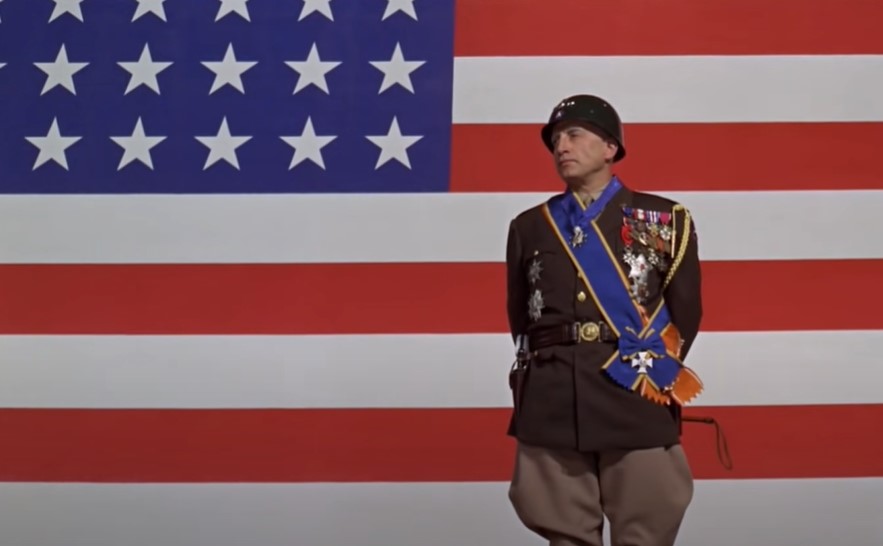 Patton (1970), Twentieth Century Fox
Patton (1970), Twentieth Century Fox
25. He Had Stiff Competition
Scott wasn’t the only contender for the much-coveted role. Other well-known actors, such as Rod Steiger and Lee Marvin, were also up for the role, but, luckily for Scott, they rejected it. John Wayne wanted it but was ultimately turned down. Despite getting the hard-won role, Scott’s on-set attitude didn’t always reflect the reverence many gave it.
26. He Didn’t Take It Seriously
Usually, actors immerse themselves into a dream role. But not Scott. The actor once delayed filming because he had an urgent matter—a game of ping pong. Scott’s co-star, Karl Malden, claimed the actor’s determination to win at least one game against a world-class table tennis player temporarily halted production. To top it off, Scott played the entire time in his costume.
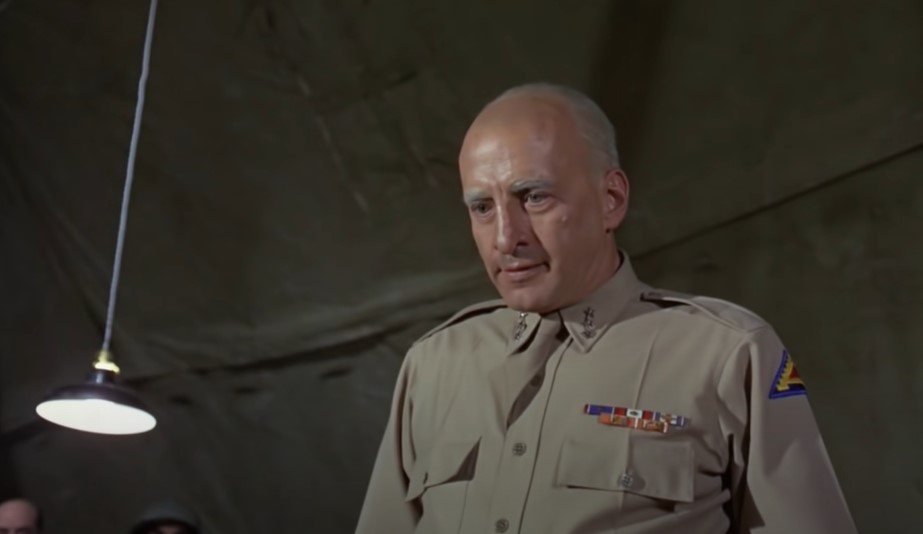 Patton (1970), Twentieth Century Fox
Patton (1970), Twentieth Century Fox
27. His Reaction Was Legendary
If anyone doubted that Scott was a stubborn man, refusing an Academy Award ought to do it. He told them he wouldn't accept the award if he won, but the Academy put him on the ballot anyway. The controversy kept everyone in suspense and reached a climax when Goldie Hawn announced he was the winner. What excuse did Scott give for missing Hollywood’s biggest event? A hockey game.
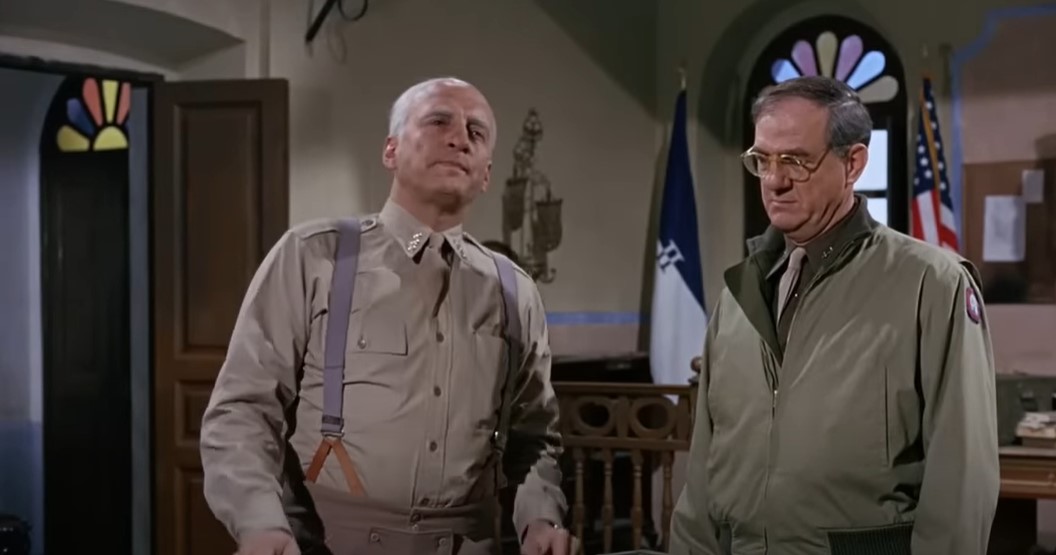 Patton (1970), Twentieth Century Fox
Patton (1970), Twentieth Century Fox
28. He Had Another Reason
Of course, that wasn’t the real reason. Scott rejected one of acting’s greatest honors for a more philosophical reason. The actor’s well-known contempt for awards still stood. In fact, he famously stated, "The whole thing is a meat parade. I don't want any part of it”. Despite what he thought of the entire matter, though, he cared enough to make one special request.
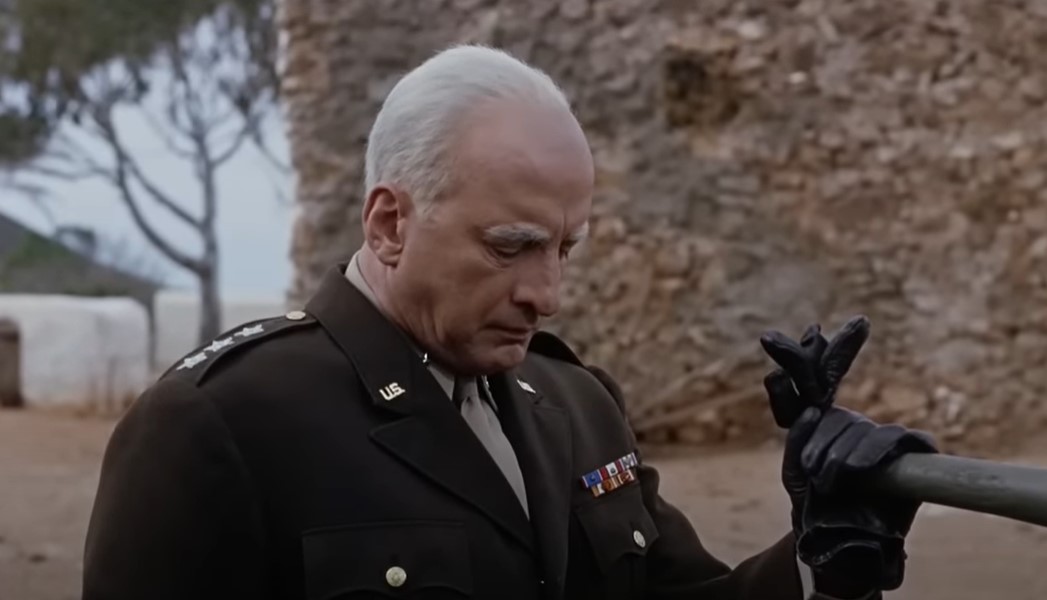 Patton (1970), Twentieth Century Fox
Patton (1970), Twentieth Century Fox
29. He Gave Special Instructions
Scott’s nonchalant attitude toward his nomination didn’t mean he wasn’t completely bothered about it. He did try to have a say in what would happen to it. Scott asked the Academy to do something for him. He requested that it give the statue to the Patton Museum. As honorable as his request was, the Academy didn’t grant it. It appears the combative actor made a technical mistake in the manner in which he made his request.
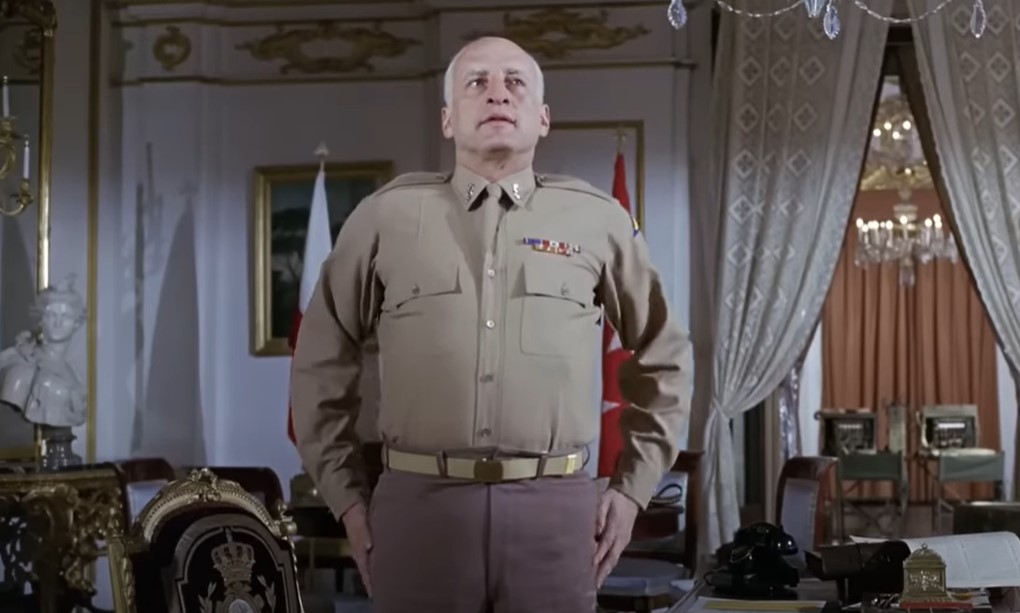 Patton (1970), Twentieth Century Fox
Patton (1970), Twentieth Century Fox
30. He Forgot About One Important Detail
Apparently, there’s a protocol for giving away an Oscar. The Academy didn’t honor the actor’s wishes because he gave verbal instructions. However, a few weeks after the ceremony, producer Frank McCarthy gave it to the George C. Marshall Foundation Library at the Virginia Military Institute, where it’s still on display.
But, we should note, Scott’s scorn for awards didn’t extend to every award.
31. He Made An Exception
Scott didn’t think all awards were bad. Surprisingly, he did accept one award for Patton. The actor had no problem receiving the New York Film Critics Award for Best Actor. So, what made this particular award more special to him than the Oscar? His wife at the time, Colleen Dewhurst, said, "George thinks this is the only film award worth having".
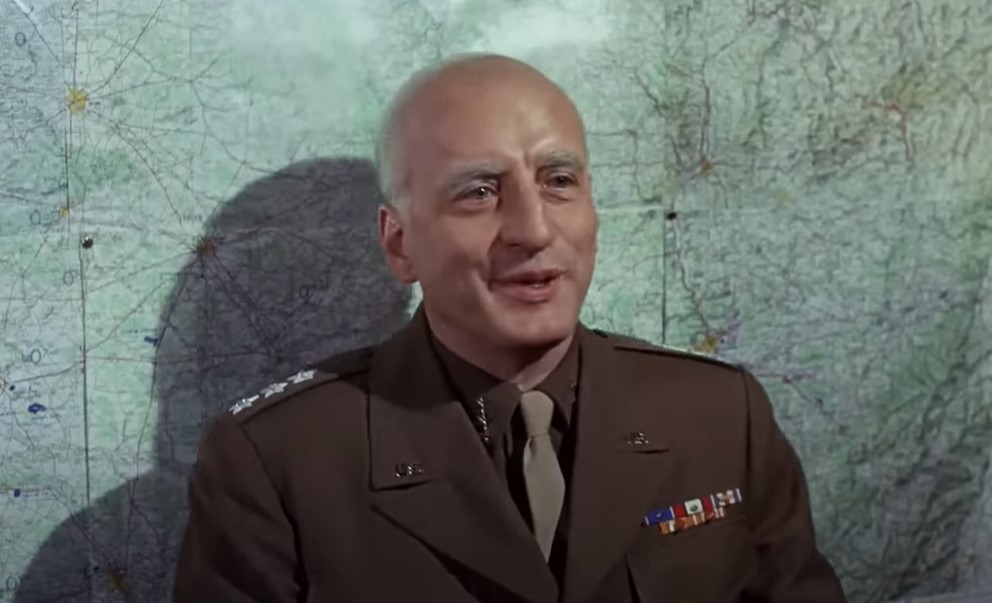 Patton (1970), Twentieth Century Fox
Patton (1970), Twentieth Century Fox
32. A New Challenge Came His Way
Apart from an Oscar, 1970 marked another achievement for Scott. He directed his first Hollywood project, a television adaptation of “The Andersonville Trial”. The cast featured William Shatner and Martin Sheen. The movie won three Emmy Awards and a Peabody Award. Not bad for a rookie!
 The Andersonville Trial (1970), PBS
The Andersonville Trial (1970), PBS
33. He Rubbed People The Wrong Way
George’s strong personality sometimes got him in trouble with his co-stars. During the production of The Last Run, Scott fought with John Huston because of his frustration with the repeated script changes made by the latter. It didn’t help that Scott’s drinking problem also greatly contributed to the tension between the two. Soon after production started, things quickly reached a boiling point.
34. He Wasn’t Having It
It didn’t take long for Scott’s temper to get the better of him. The actor wanted to stick to the original script, envisioning a movie similar in style to Humphrey Bogart’s old pictures. But Huston wanted to go in a different direction. With so many issues besieging the production, Huston left within a month. Despite the real-life drama, Scott’s thoughts on it were surprising to some.
35. He Had A Surprising Perspective
Years later, Scott had a surprising take on the whole fiasco. Instead of feeling disgruntled, he had a shockingly enlightened opinion about the matter. Looking back at it, he said, "It was a very simple story of an artistic disagreement. John saw it one way. Carter and I another. I love Huston, I want to work with him again. He is a giant in our industry". Perhaps time does heal.
36. 1971 Wasn’t All Bad For Him
1971 may have started on a sour note, but it wasn’t entirely bad for Scott. He starred in the television film adaptation of the Arthur Miller play, The Price. His performance won him his first Emmy Award. Given his notorious feelings towards Hollywood’s major acting awards, few expected that Scott would react to this honor the way he did.
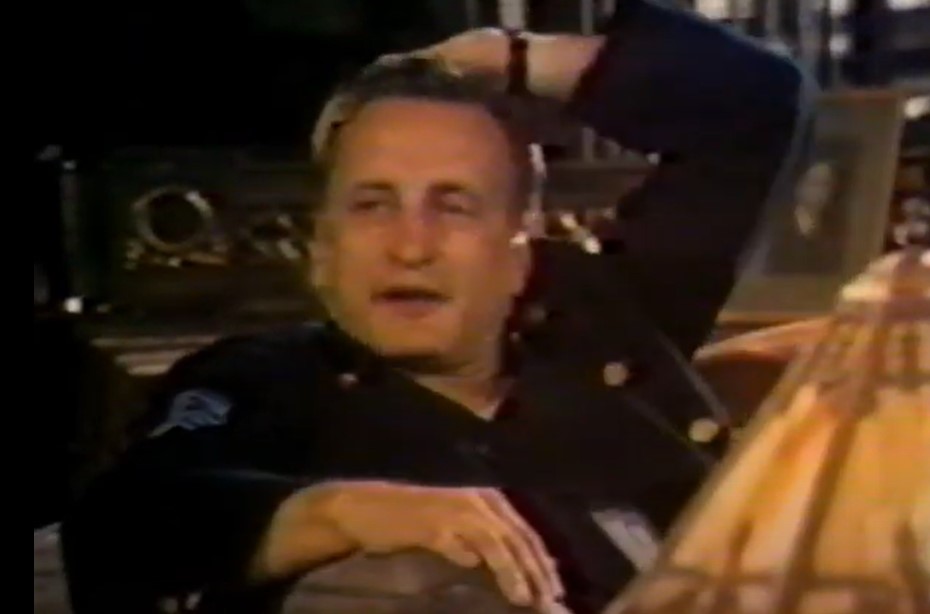 The Price (1971), Fielder Cook
The Price (1971), Fielder Cook
37. His Response Was A Surprise
Once again, Scott surprised everyone. This was one of the rare occasions when the actor accepted an acting award. Unlike the Oscars, he felt that the Emmy Awards had a greater appreciation for the work of performers. Sadly, this event would mark one of the final shining moments of his prime years in Hollywood.
38. His Luck Ran Out
Unfortunately, the good times ended for Scott. After a decade of continuous success, his career experienced a downturn. Over a three-year period, he acted in a succession of movies that failed badly at the box office. While his film career was in trouble, Scott seemed to have better luck on the stage.
39. He Returned To His Roots
Scott’s versatile acting skills saved him at a crucial time. His fortunes fared better when he starred in the Broadway hit, Plaza Suite. Scott played the role of a different character in each of the play’s acts. The show’s successful run had more than 1,000 showings. It also marked Scott’s return to stage productions.
40. He Made His Presence Known
Scott didn’t just argue with his co-stars. Sometimes, he frightened them. Maureen Stapleton, his co-star in Plaza Suite, confided her feelings to the director, Mike Nichols, when she told him, "I don't know what to do—I'm scared of him”. Upon hearing Stapleton’s words, Nichols gave her a revealing answer.
41. He Had Quite A Reputation
George’s co-star looked for comfort in the wrong place. It turned out Nichols wasn’t the guy to go to for advice on how to deal with the notoriously temperamental actor. In response to Maureen Stapleton’s declaration, Nichols coolly and bluntly replied, “My dear, everyone is scared of George C. Scott". And Stapleton wasn’t the only person who felt uncomfortable around Scott.
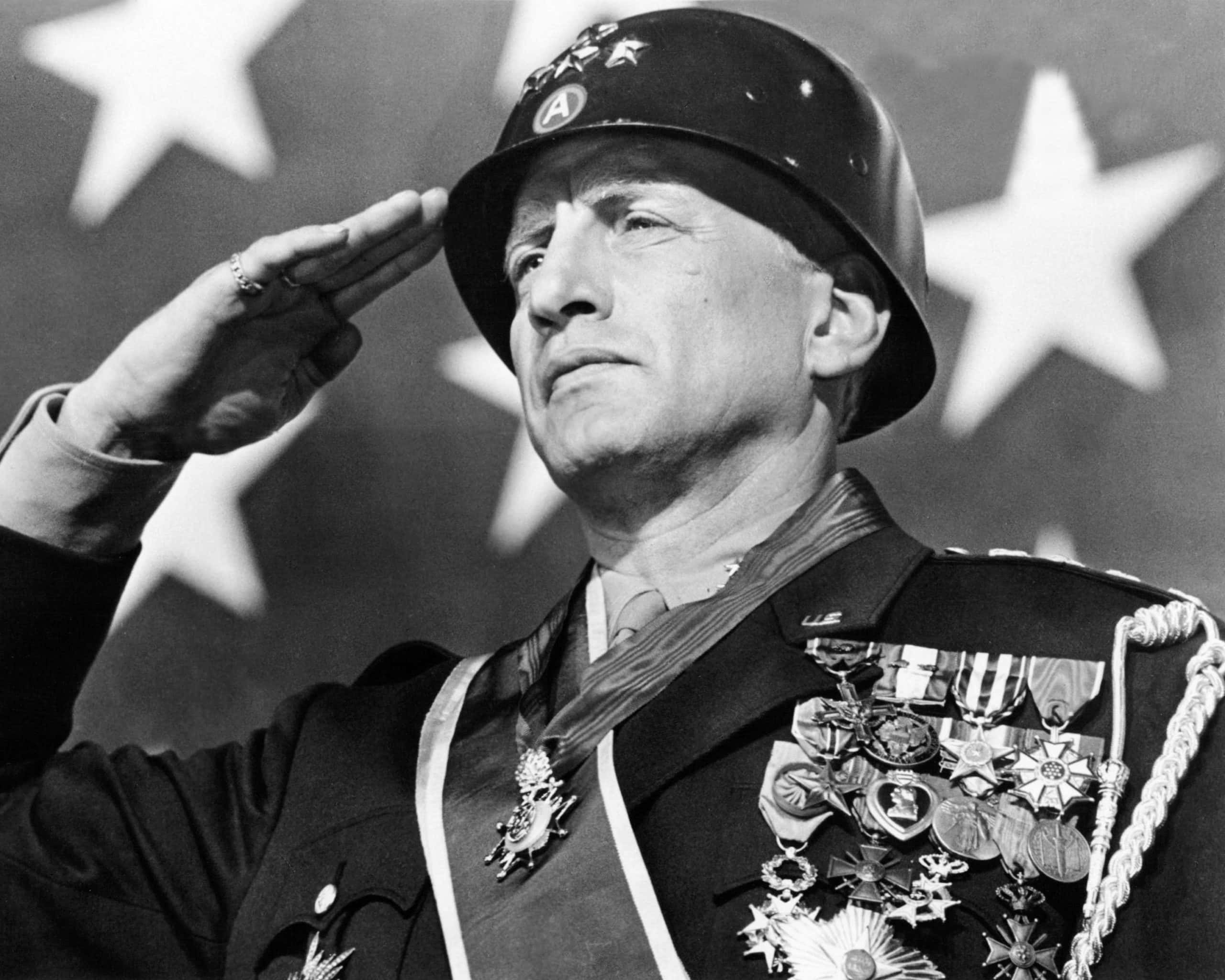 Getty Images
Getty Images
42. Others Agreed
A famous actress had similar feelings about Scott. In 1973, Julie Christie, who was also part of the cast of a stage production of Uncle Vanya, publicly expressed how she felt around the actor. Christie admitted to the press that Scott intimidated her. Despite reports of the effect his presence had on his fellow castmates over the years, they seemed to escape his ears.
43. He Saw Things Differently
Scott was unaware of his colleagues’ feelings toward him. When the reporter interviewing him told him about Christie’s remarks, Scott reacted with shock as it was the first time he learned of his former castmate’s statement. It appeared the actor didn’t realize the manner in which he carried himself affected how others saw him. But Scott’s gruff demeanor wasn’t intentional.
44. Fame Was A Double-Edged Sword For Him
There was a reason for Scott’s temperamental behavior. The actor once admitted to having a love-hate relationship with fame, particularly his repulsion towards enjoying it. Regarding fame, Scott allegedly said, "There is no question you get pumped up by the recognition...Then a self-loathing sets in when you realize you're enjoying it". In the end, he suffered from it.
45. His Reputation Cost Him
Scott’s reputation preceded him—and it wasn’t good. People’s negative impressions affected his movie career. But it wasn’t all bad news for him. Scott’s true love was Broadway, and his work in film gave him the financial freedom to act in it. At the same time, he still worked in television and had supporting roles in movies. He also achieved some level of critical success.
46. He Received More Honors
George’s talent on the stage continued to grab people’s attention. Despite the decline of his film career, Scott’s stage career was going strong, which was his dream. During the 70s, the actor continued to garner critical acclaim and received two Tony Award nominations for Uncle Vanya and Death of a Salesman. But the decade seemed to signal the end of the good times for Scott.
47. His Health Took A Hit
In the 80s, Scott faced a medical crisis. It seems years of hard drinking probably finally hit the actor as he survived a series of heart attacks. By 1990, he was suffering from diabetes and high blood pressure. Although his health disrupted his career at times, Scott never stopped completely working. He miraculously managed to keep up with his busy schedule.
48. He Didn’t Slow Down
George C. Scott was unstoppable. His poor health delayed the opening of Inherit The Wind in 1996, but Scott eventually performed on stage. He received critical praise for his acting, with one critic even declaring watching Scott perform was like watching a horse buggy powered by a Ferrari engine. The flesh may have been weak, but the will was strong.
49. He Decided It Was Time
It’s no secret Scott lived an interesting life. And he probably thought a book about it would be a good read. Toward the end of his life, Scott decided to tell his life story. Like many actors before him, he made the decision to write his memoirs. But sadly, he wasn’t able to finish them.
50. The End Came For Him
After years of ill health, Scott finally kicked the bucket. On September 22, 1999, the acclaimed actor met his maker due to a ruptured abdominal aortic aneurysm. A friend found him at his home in Westlake Village, California. Although Scott’s health hadn’t been good for years, his passing was still a surprise. What wasn’t surprising was the way his family laid him to rest.
51. He’s In Good Company
If anything, Scott’s burial site is perhaps a true reflection of his character. While marked, his grave doesn’t have his name on it, perhaps fitting for a man who had an immense aversion for the spotlight. Still, Scott couldn’t completely get away from Hollywood in the afterlife. A year after his family buried him, another famous actor, Walter Matthau, was buried nearby in the same cemetery.

